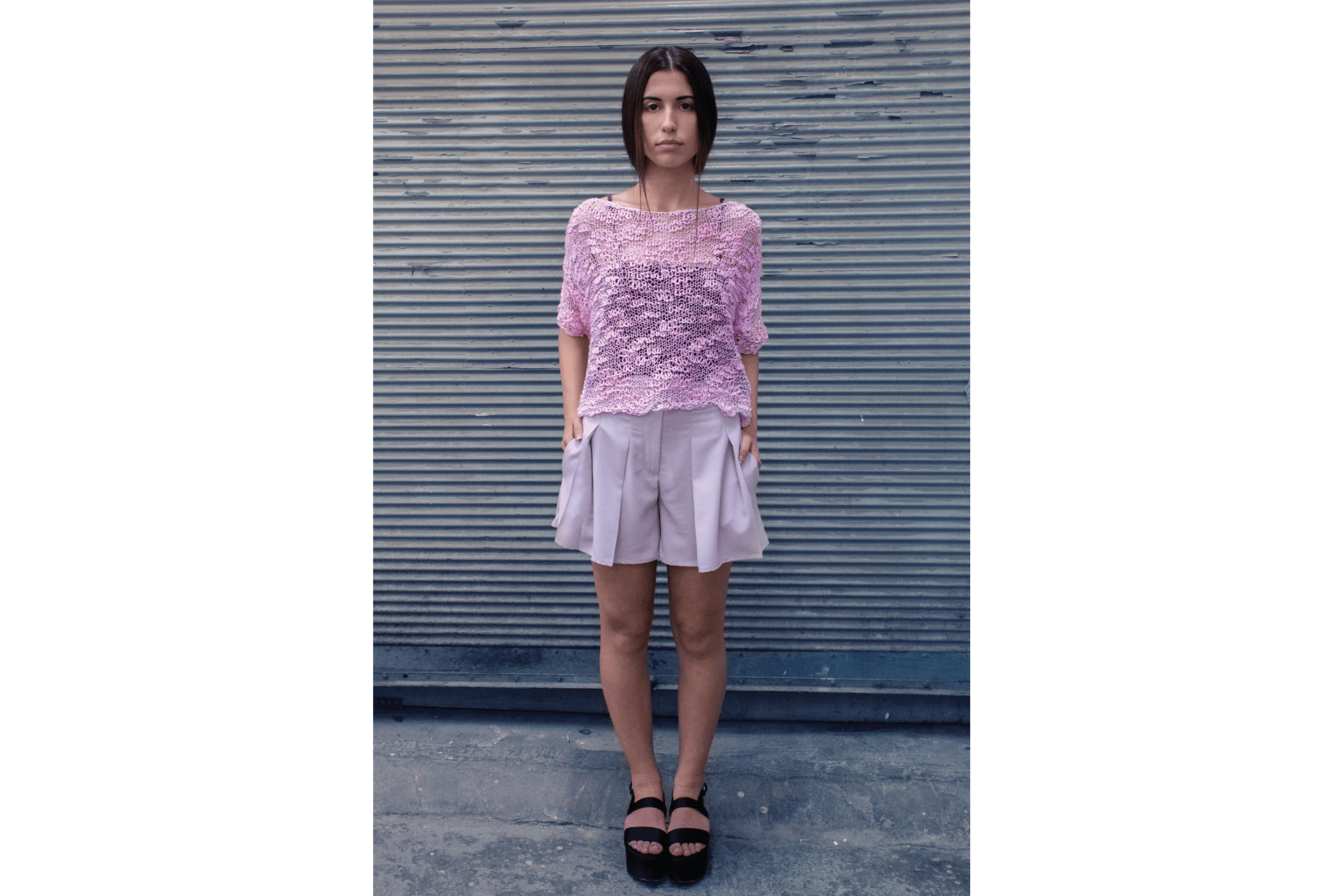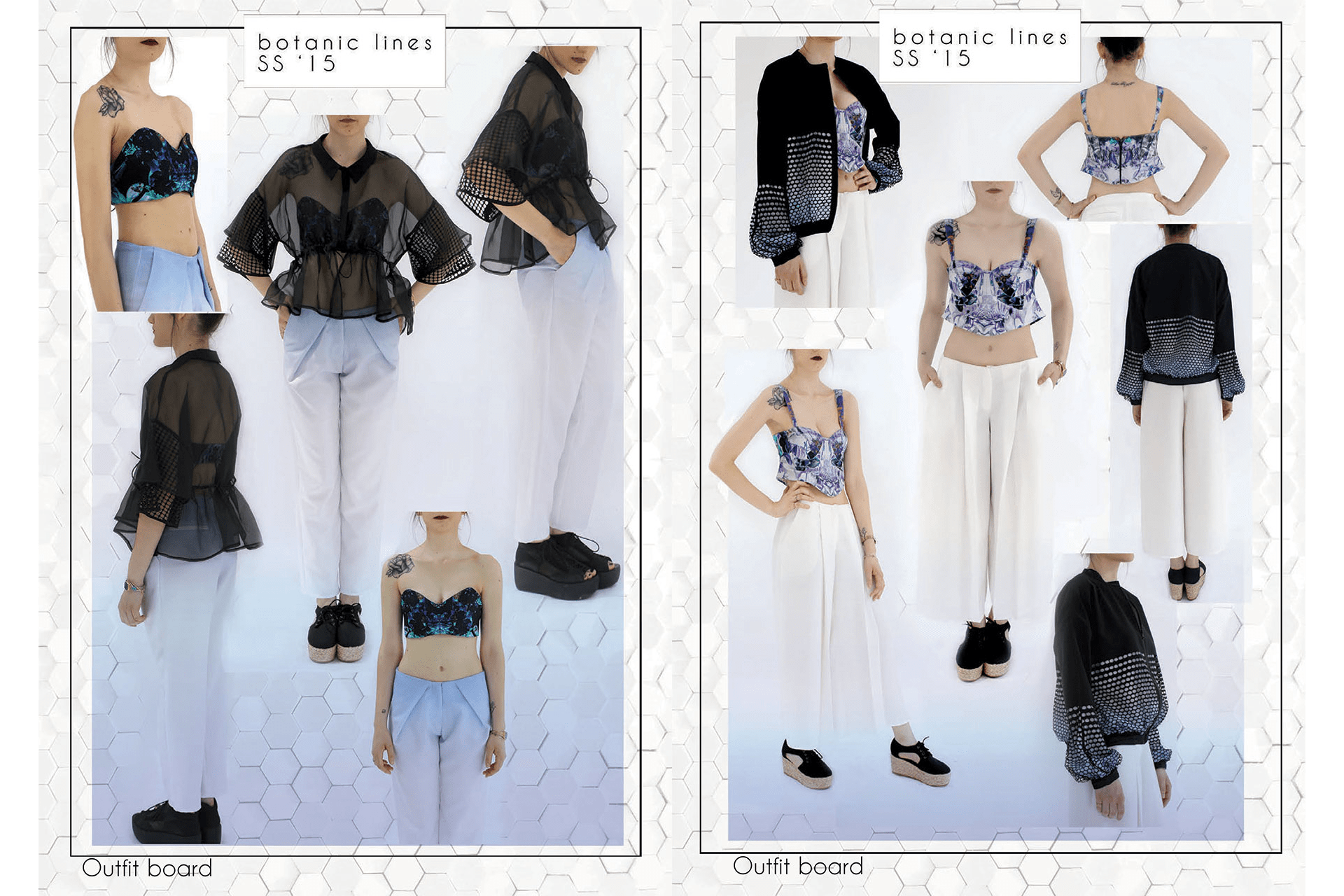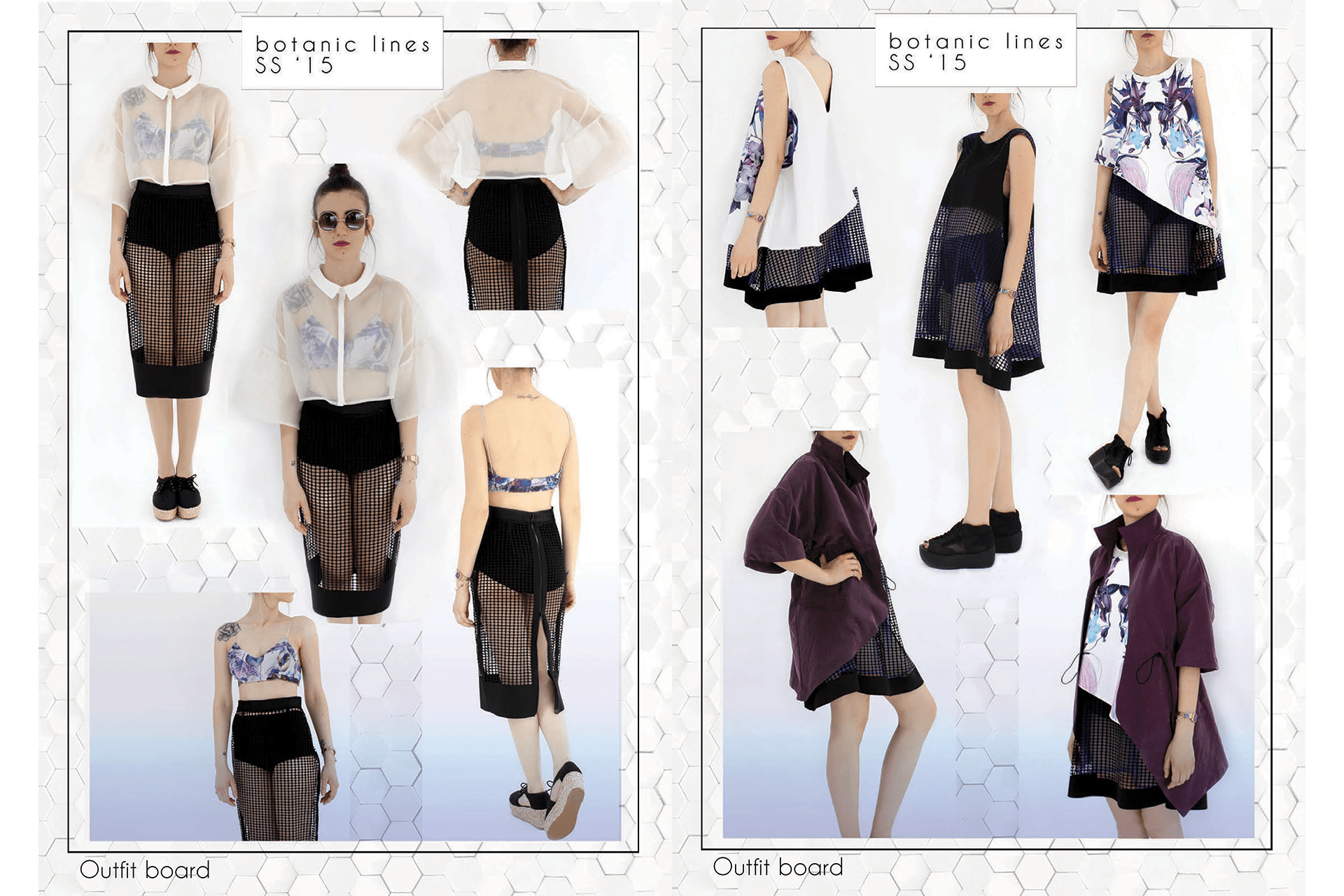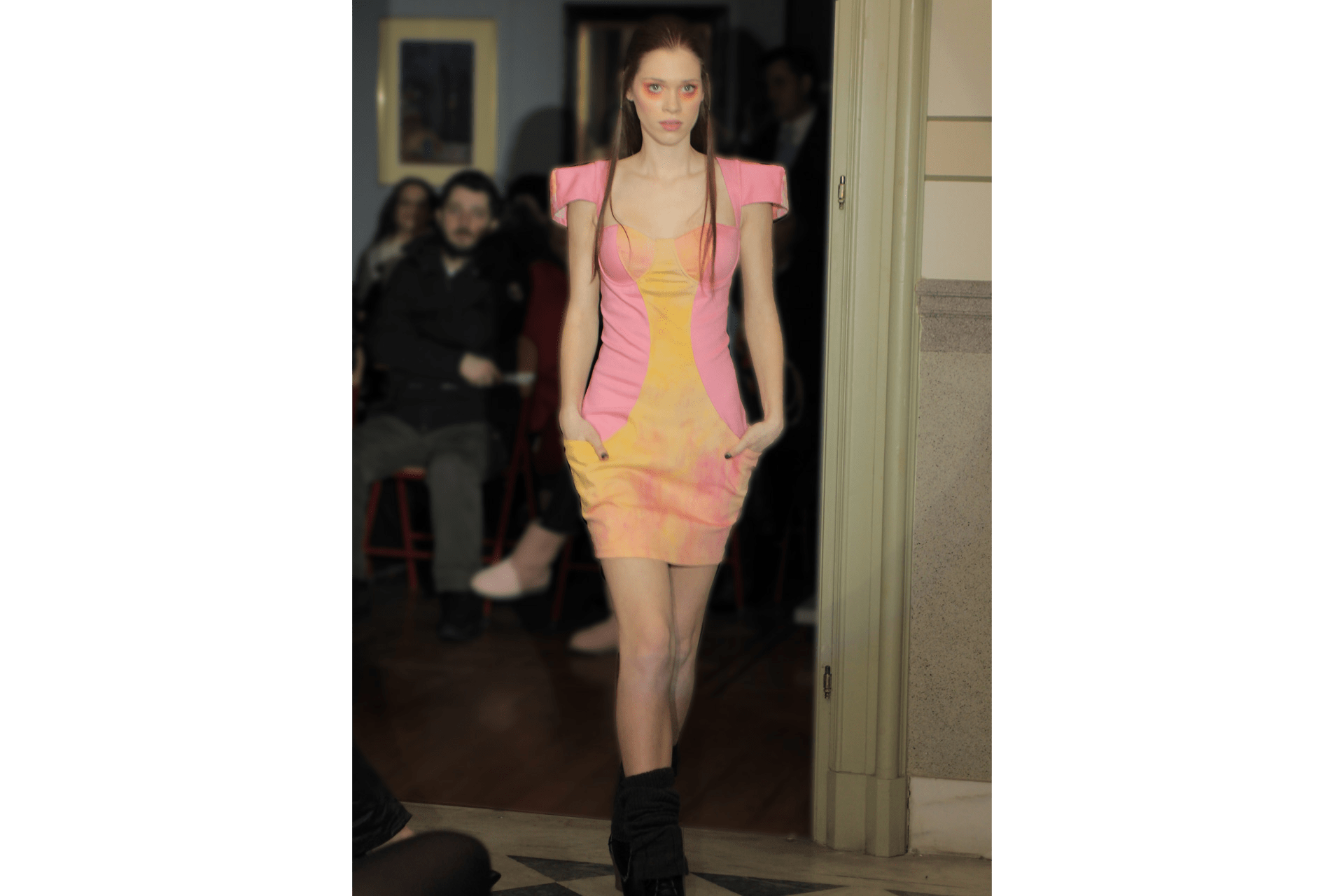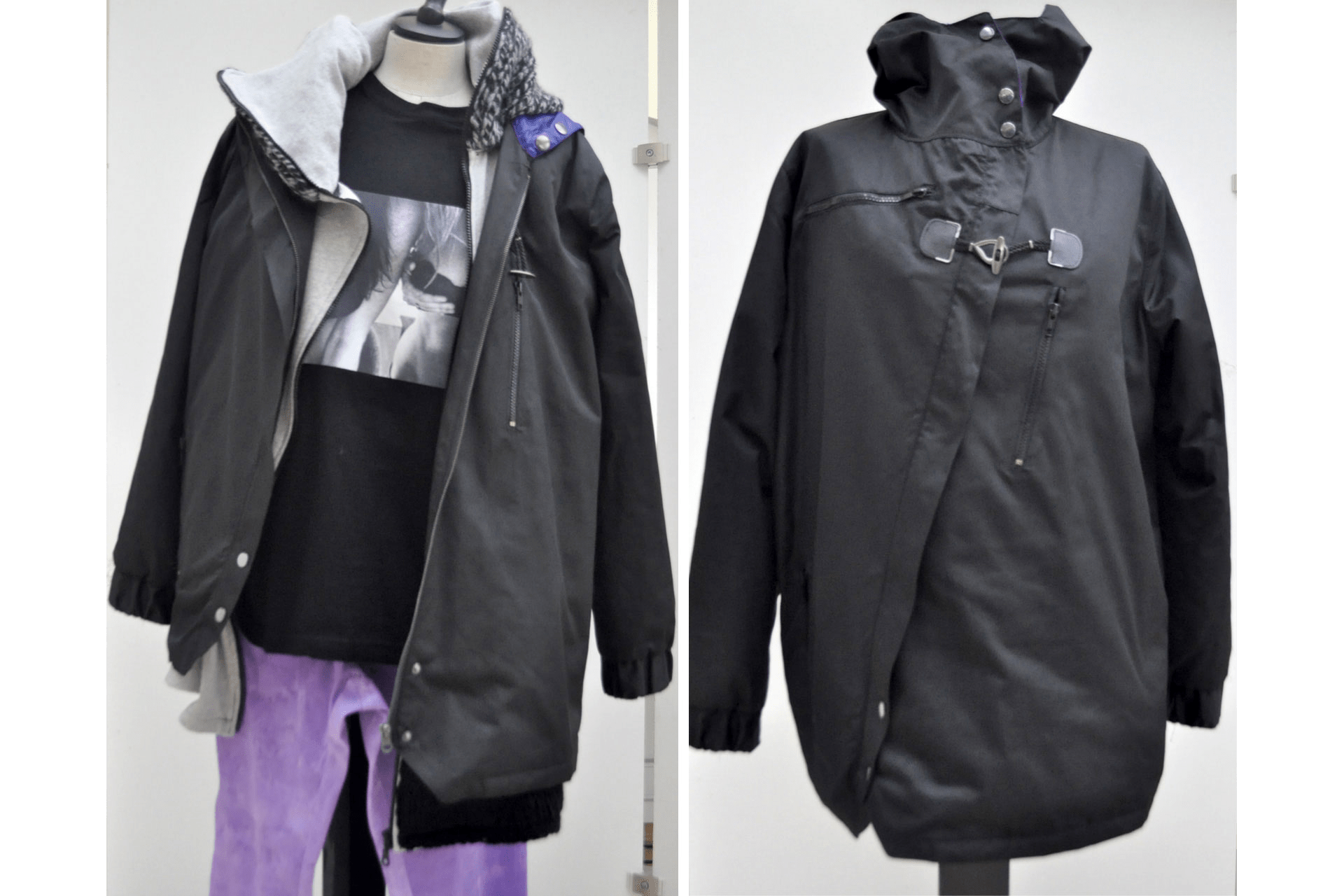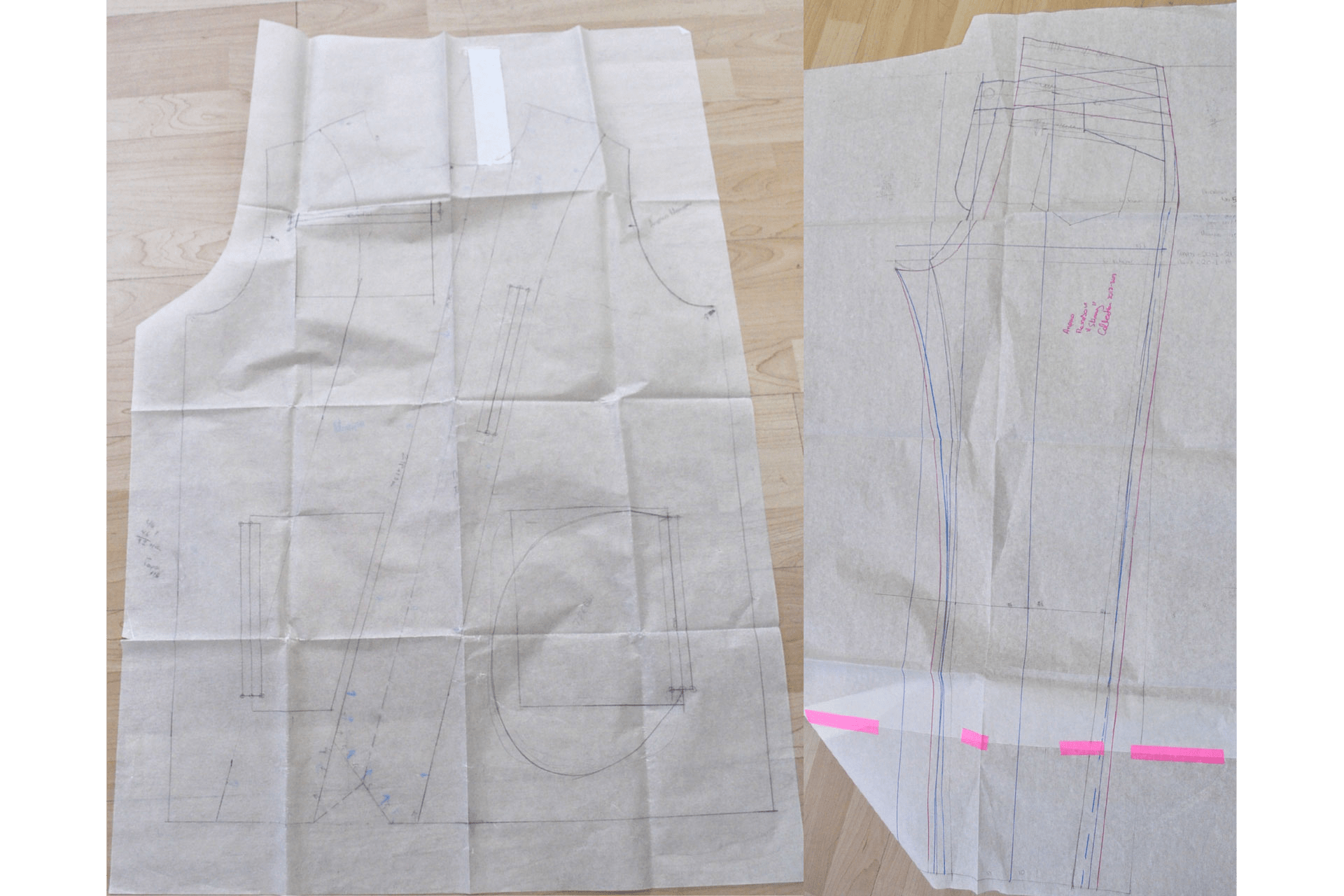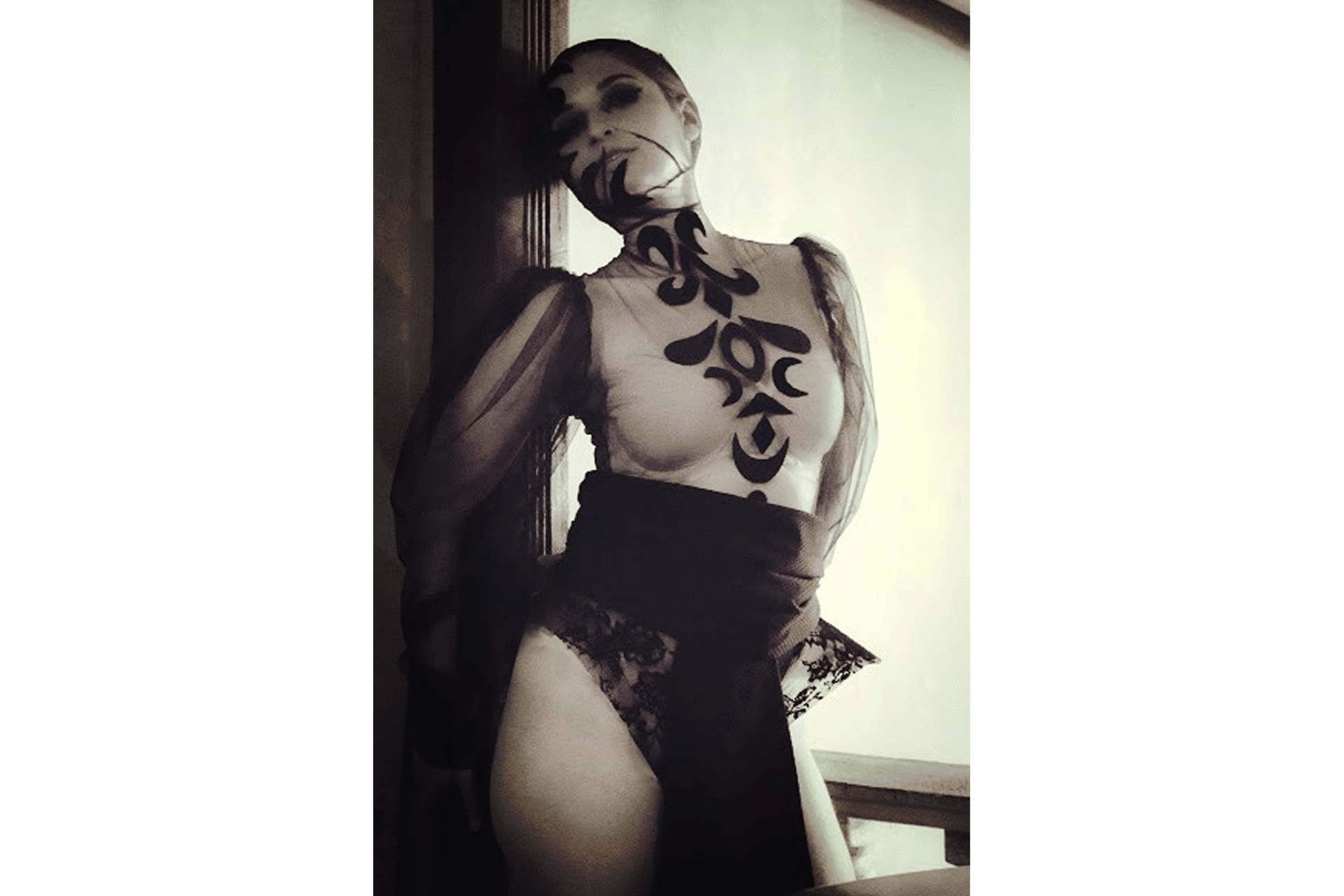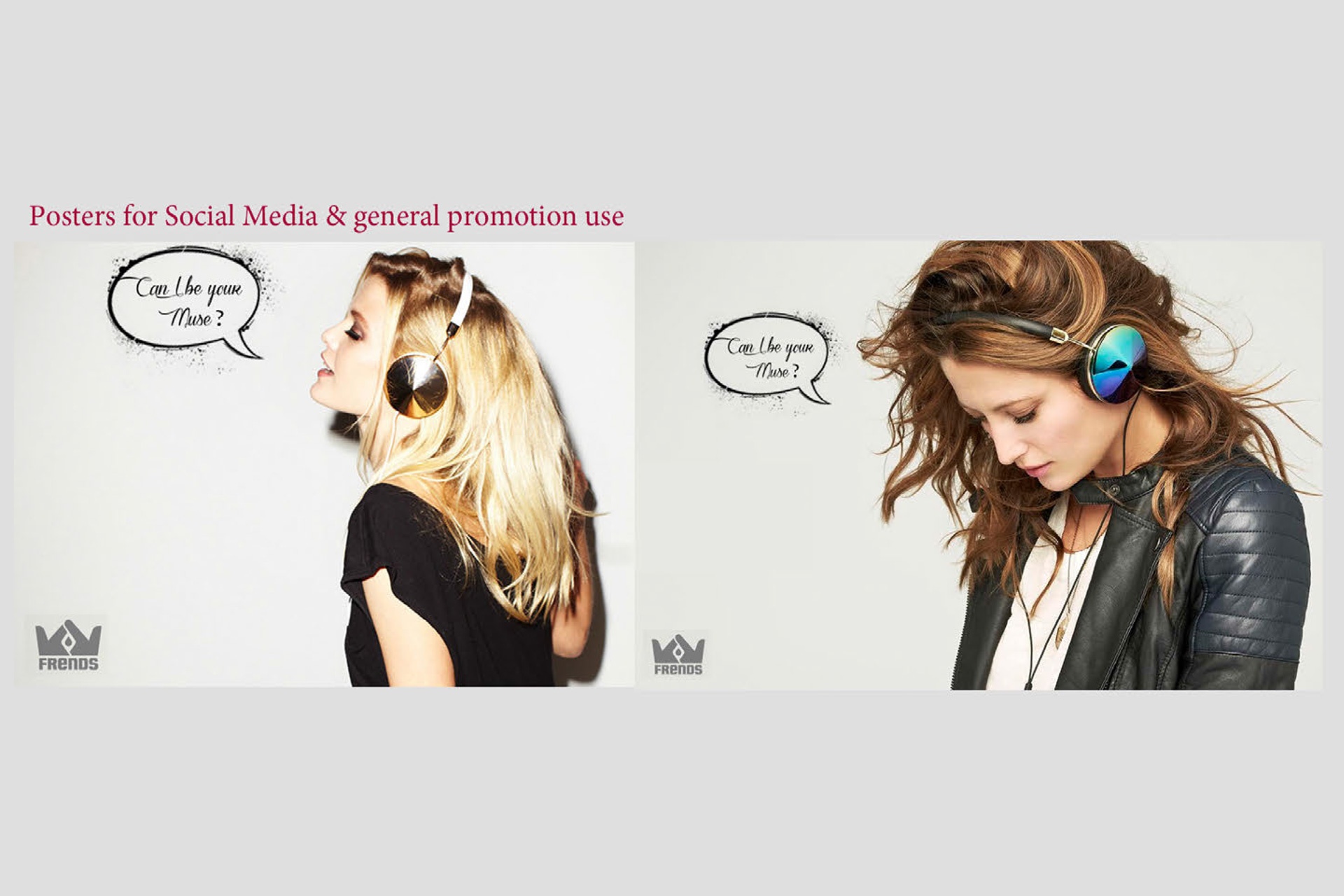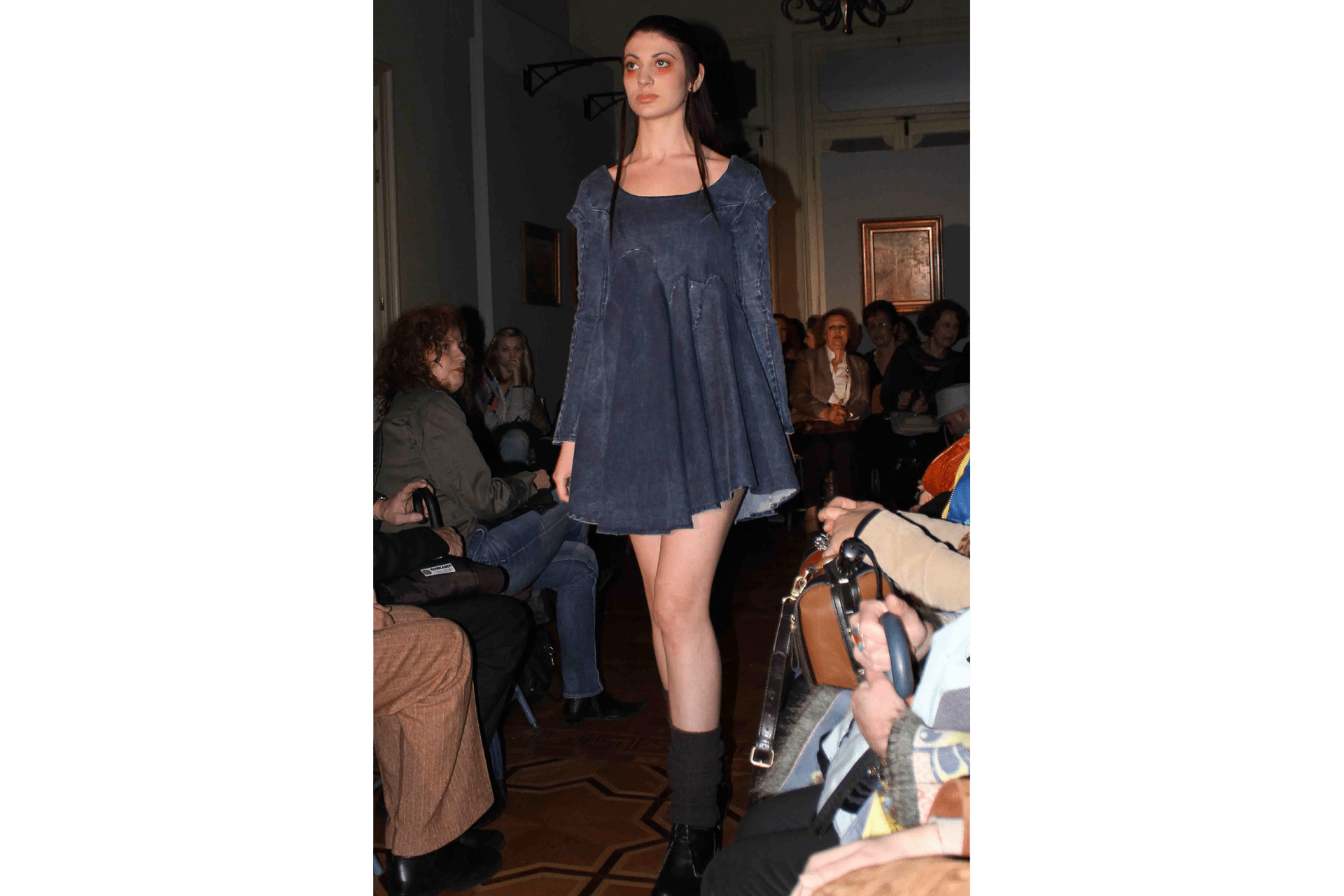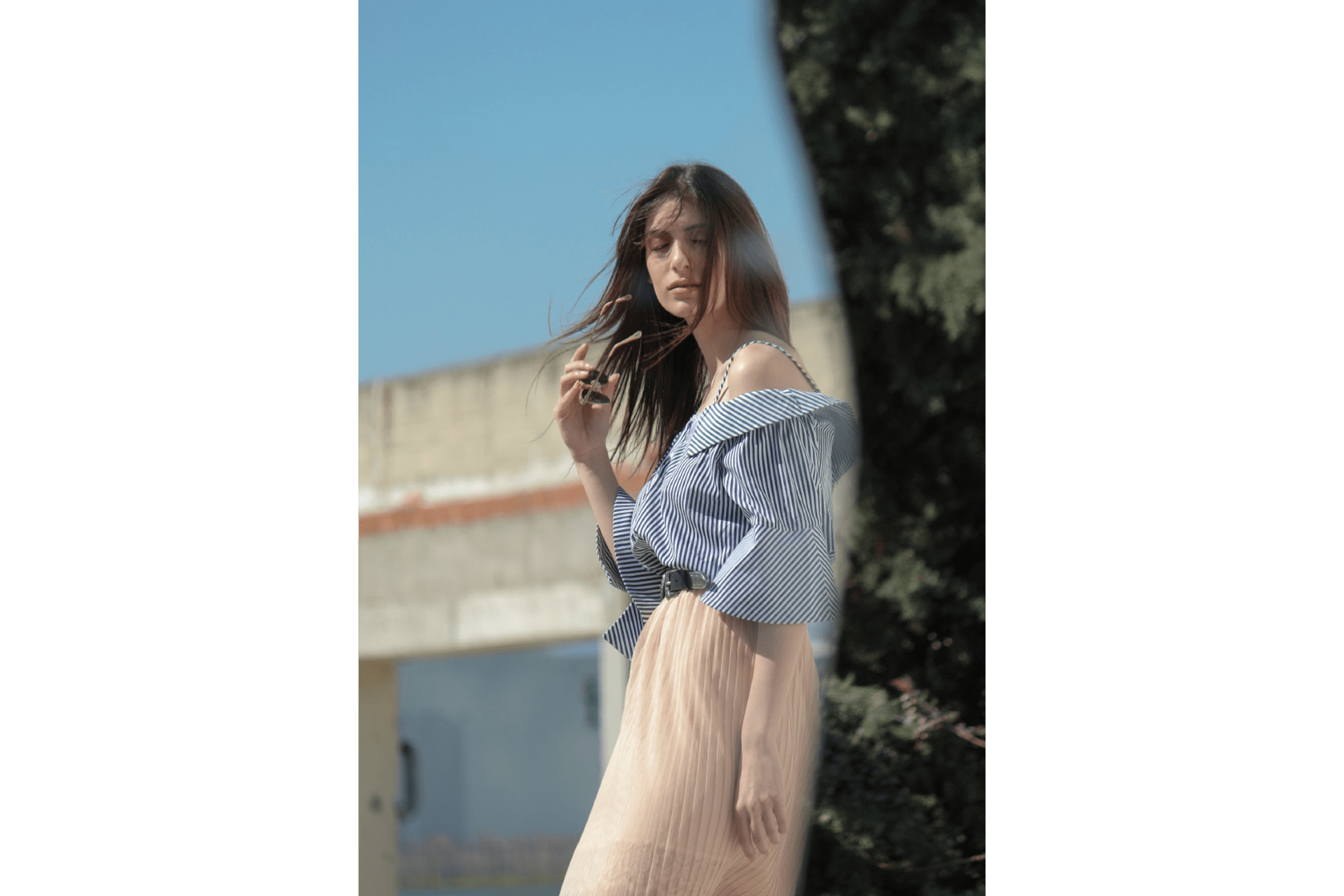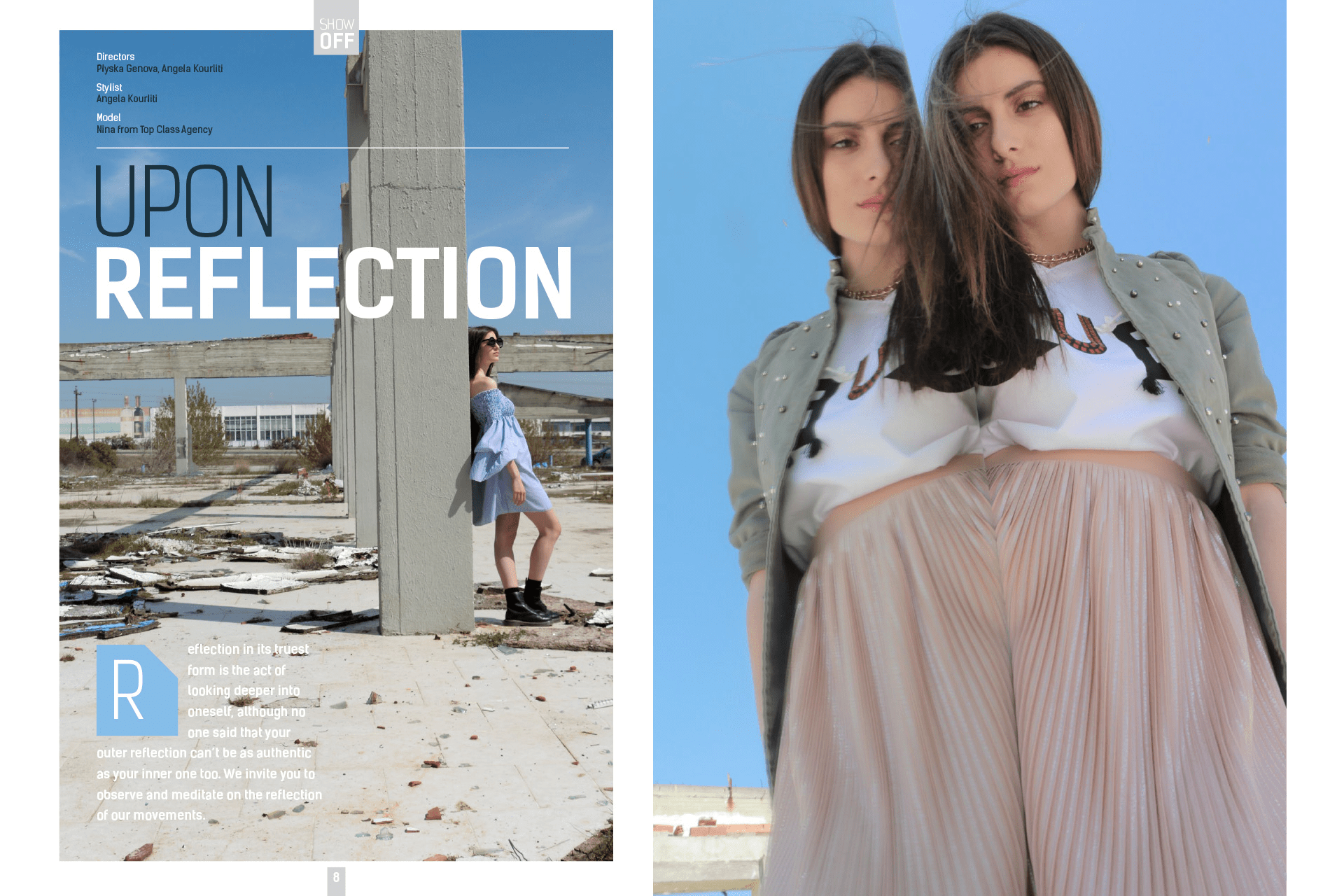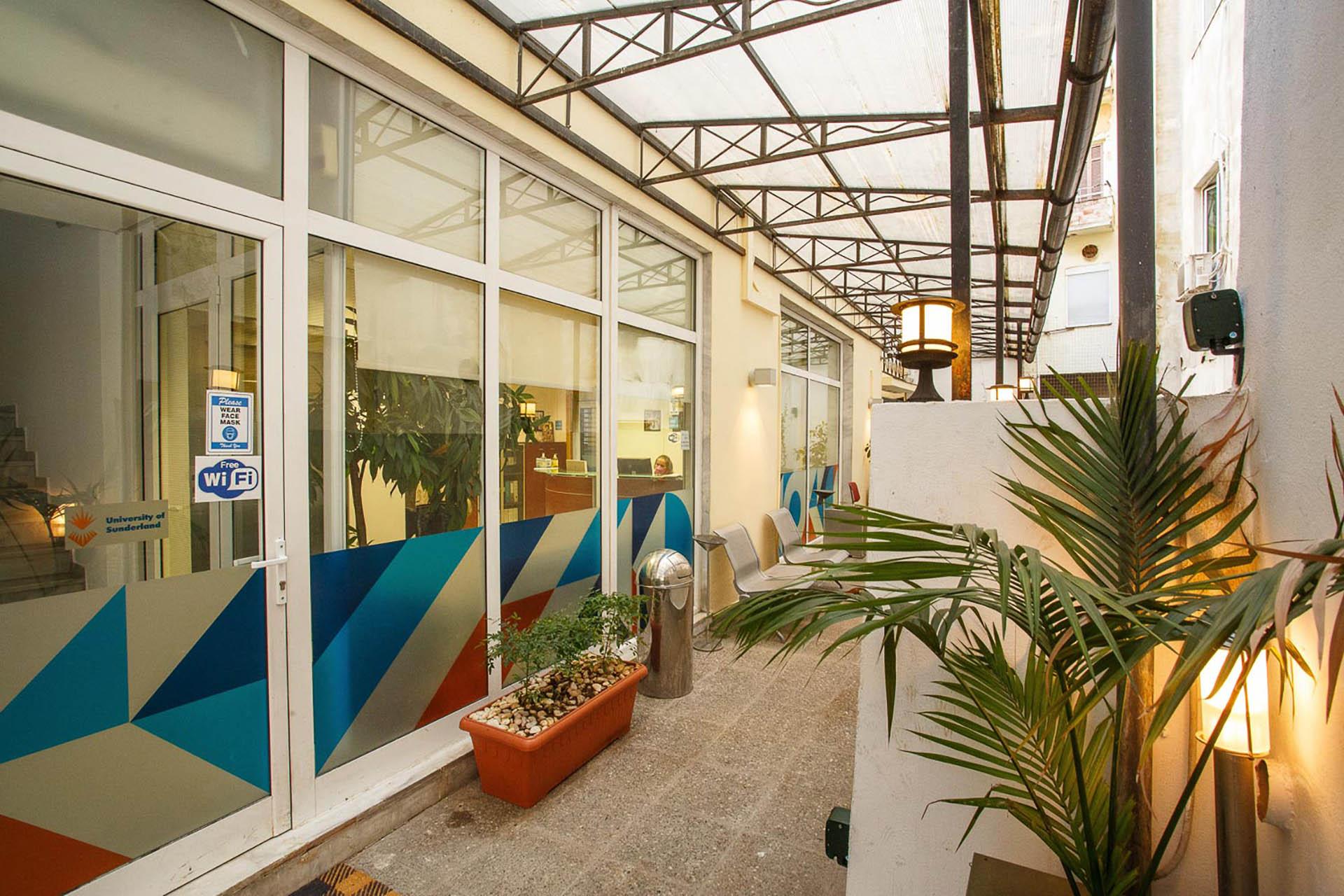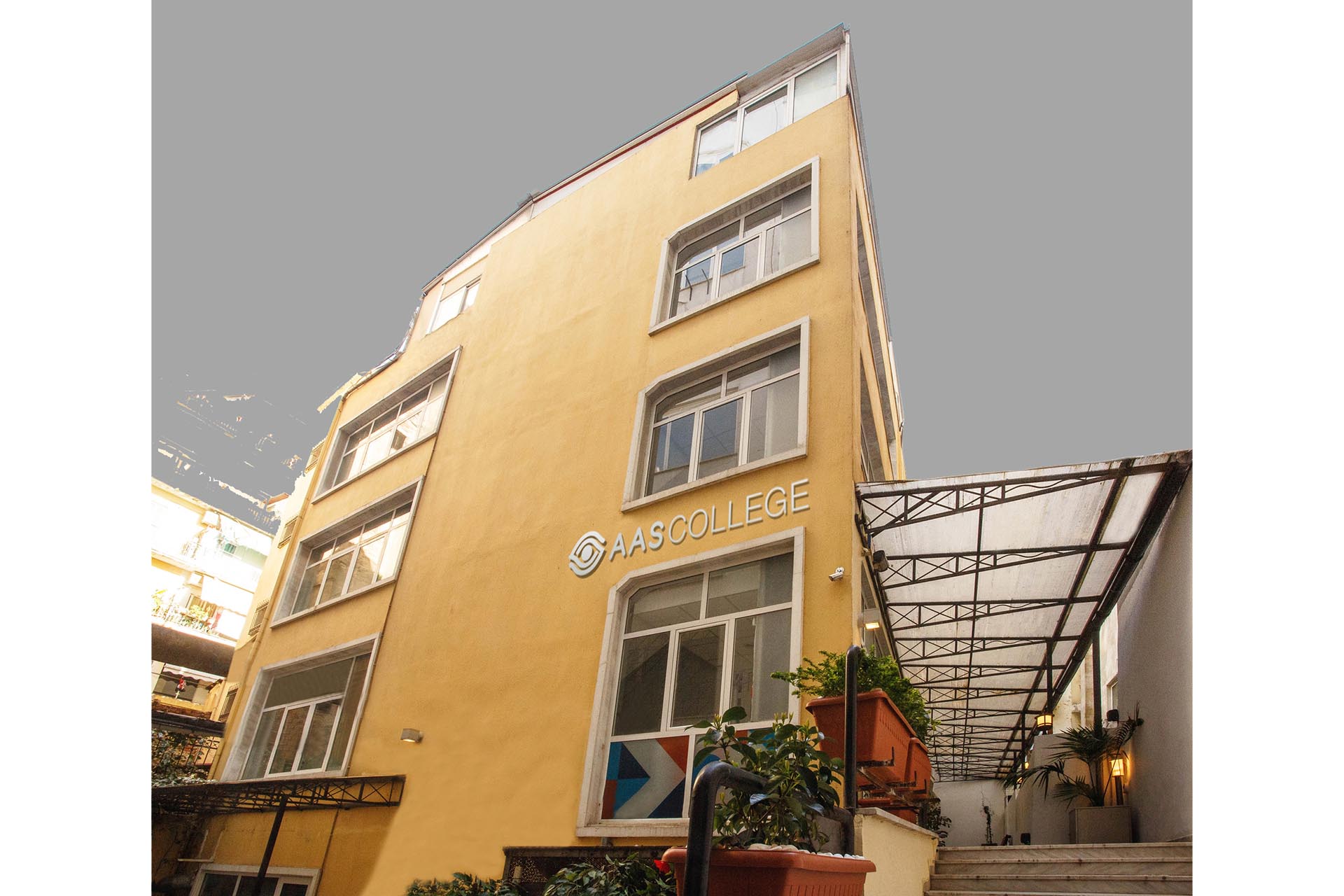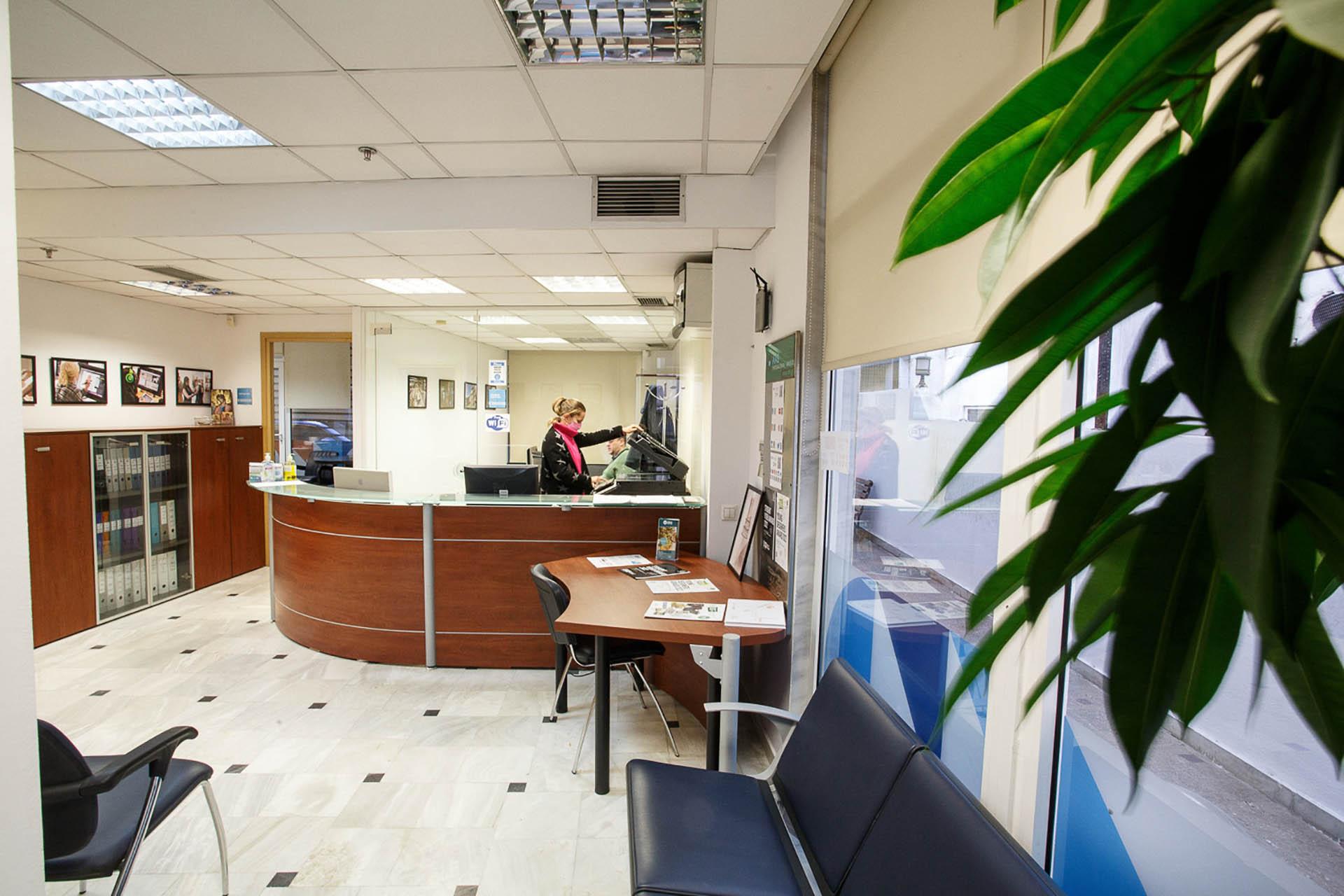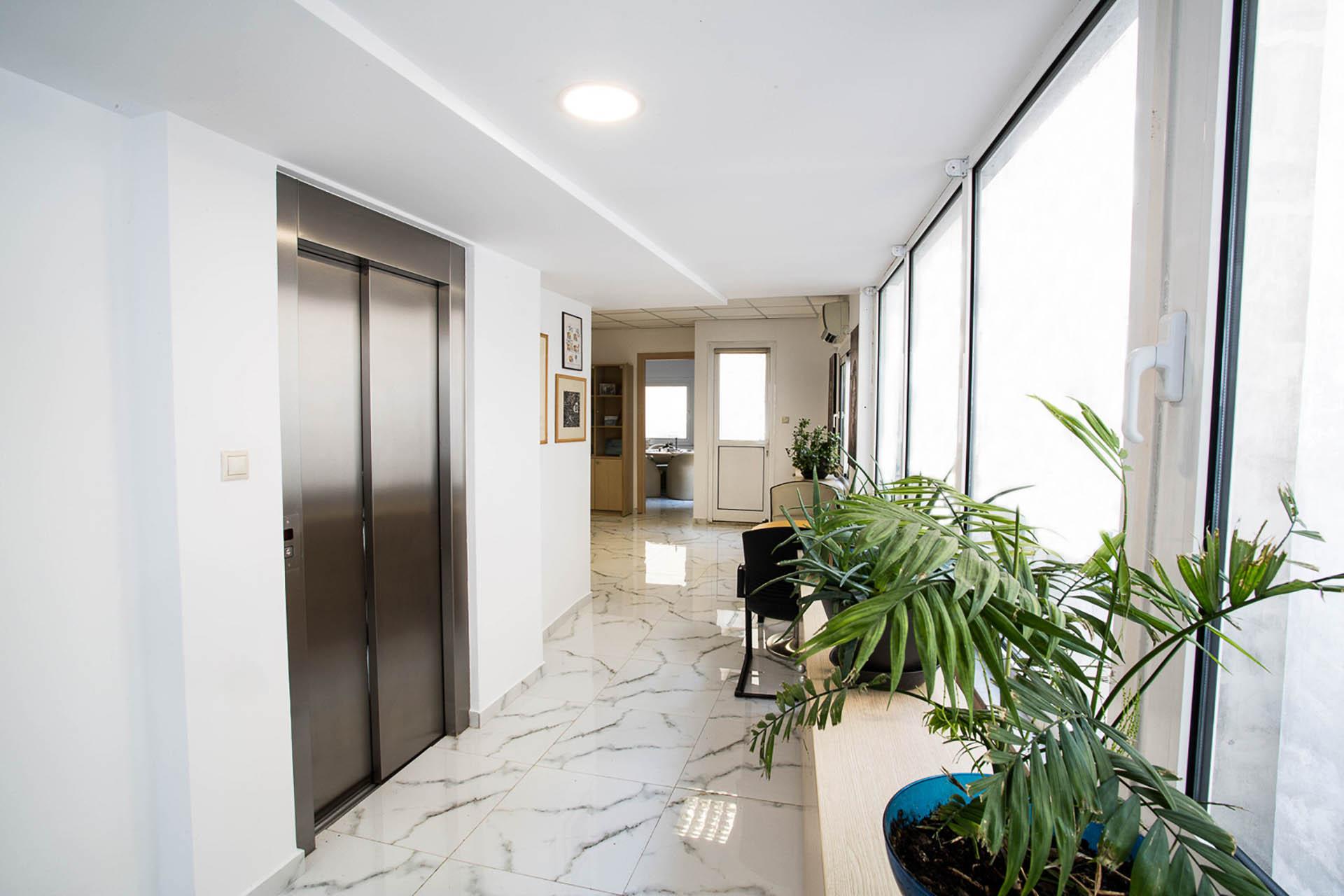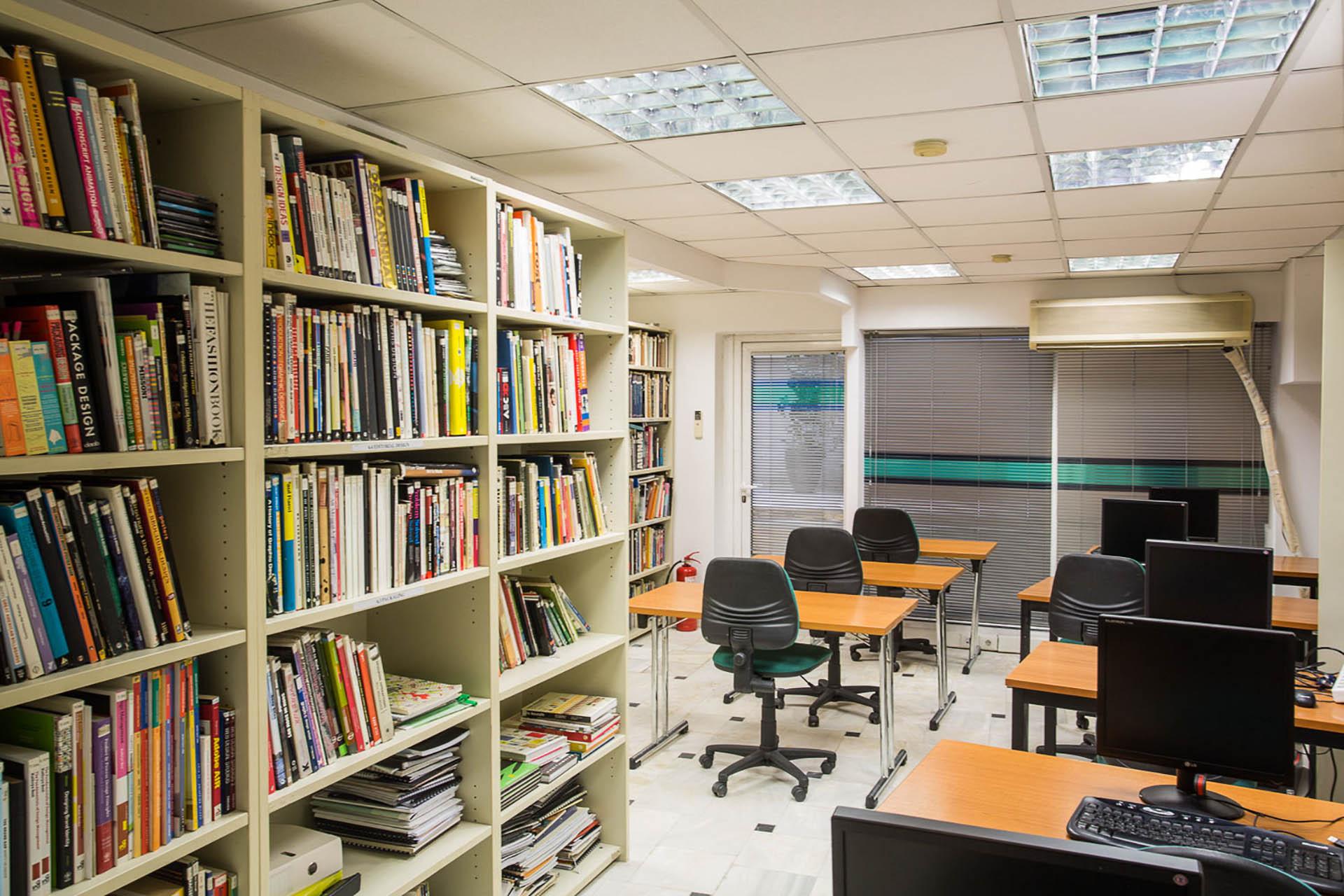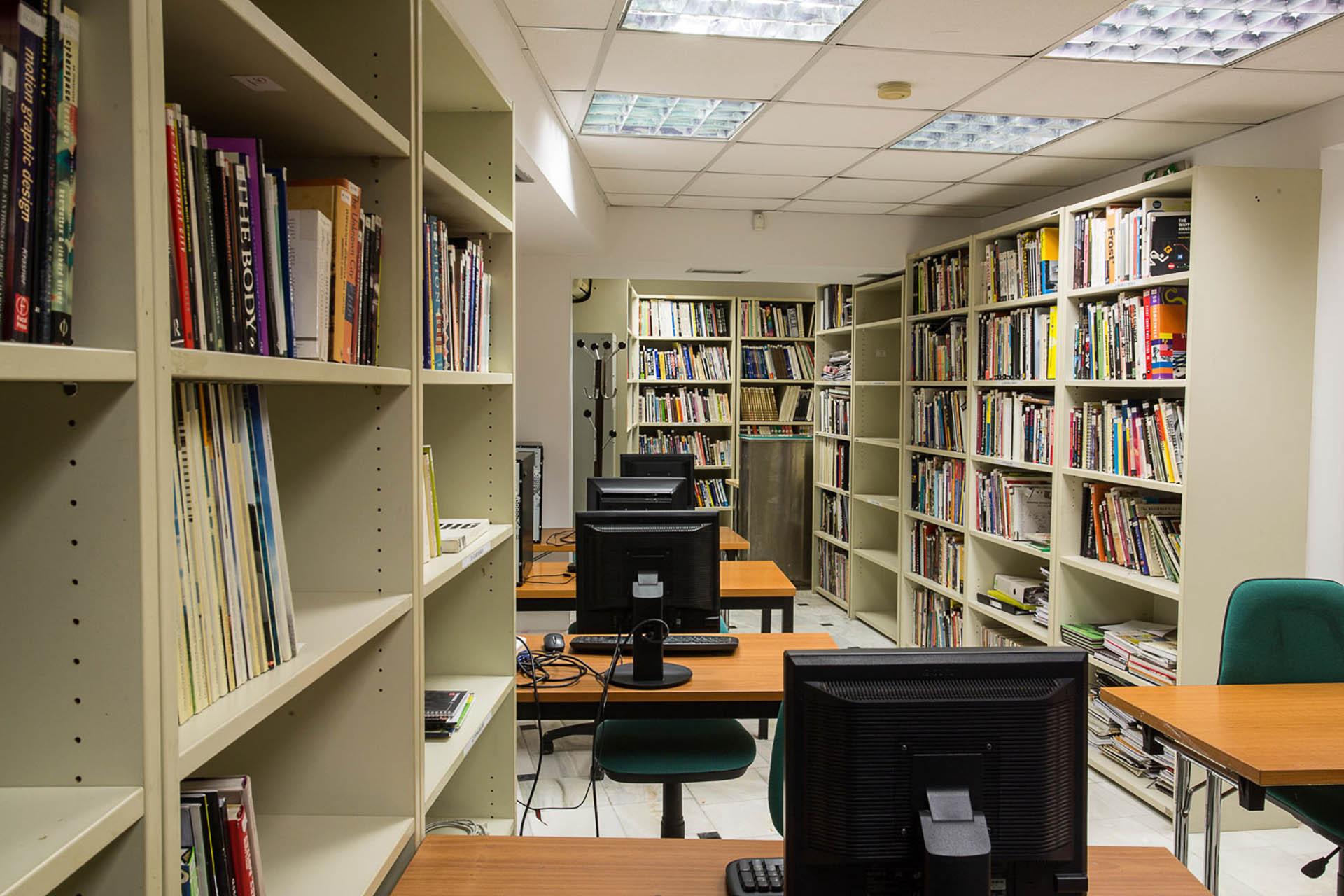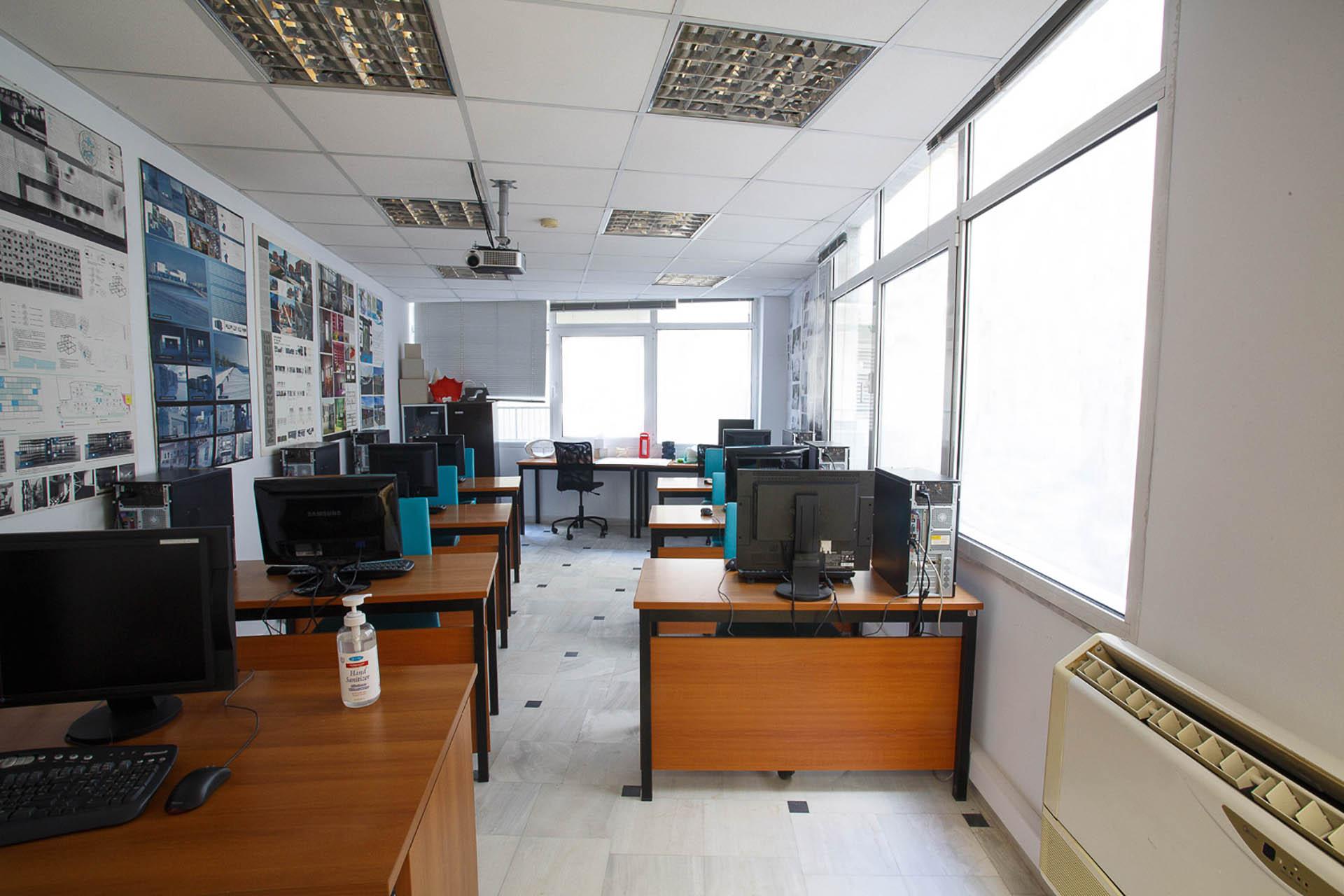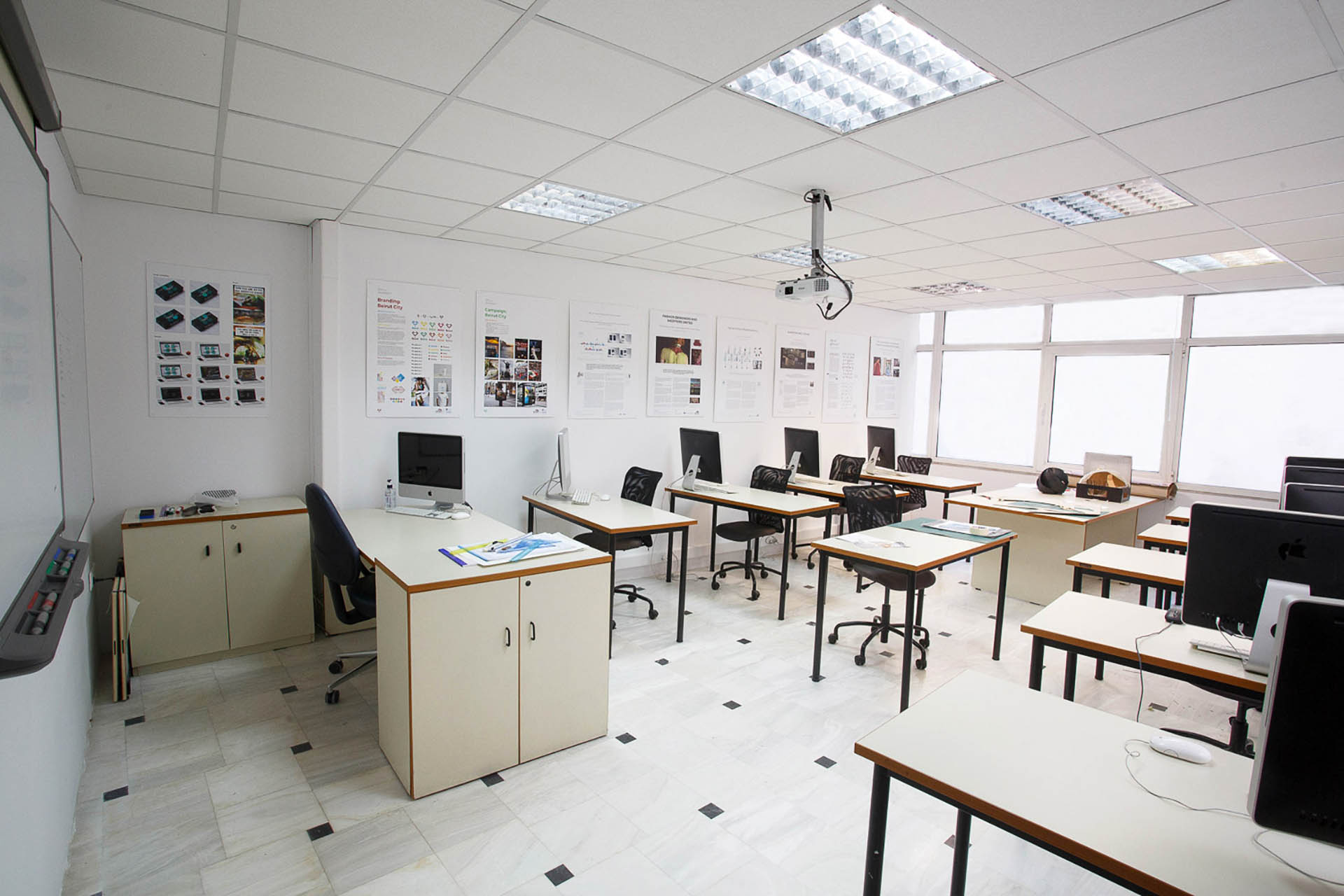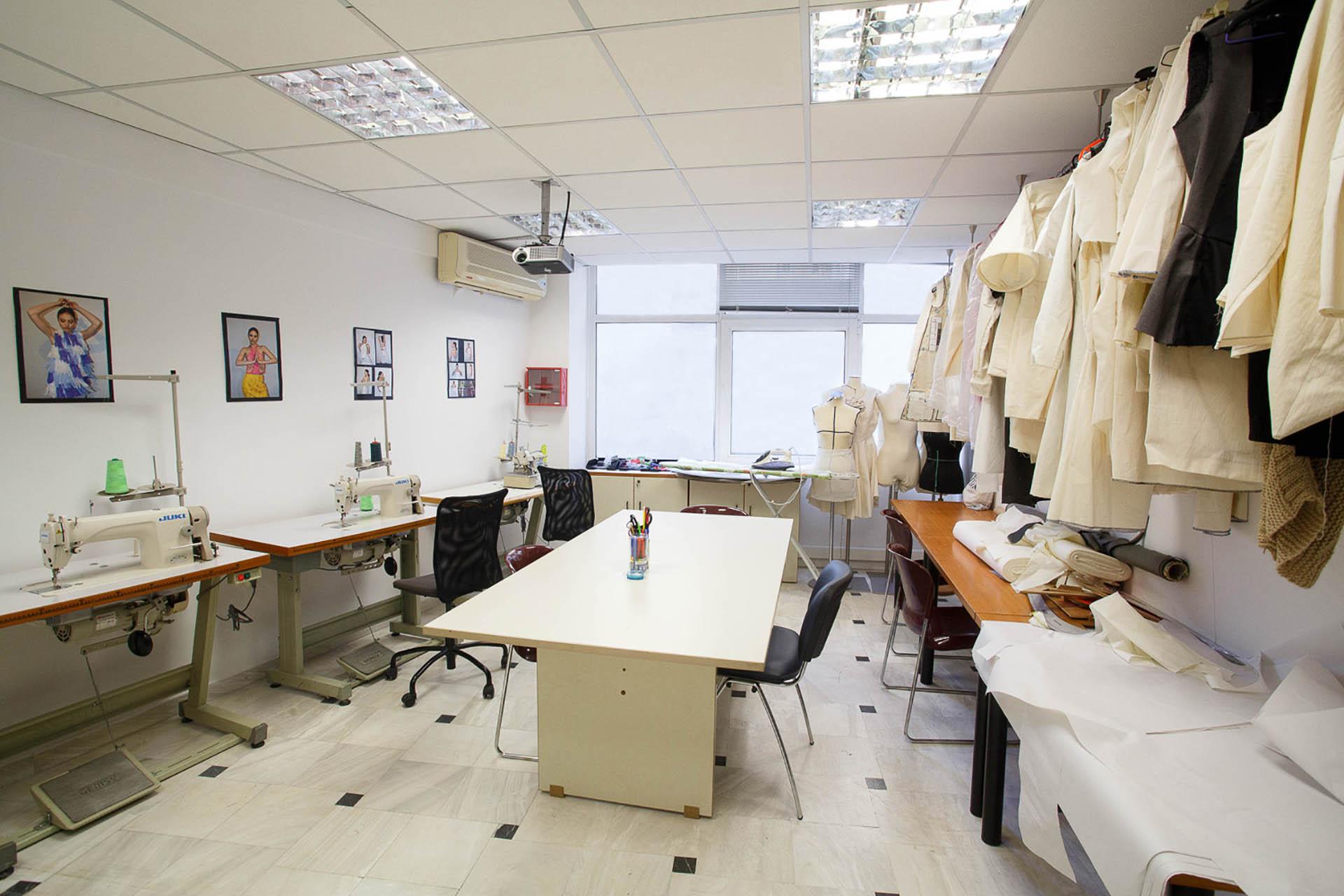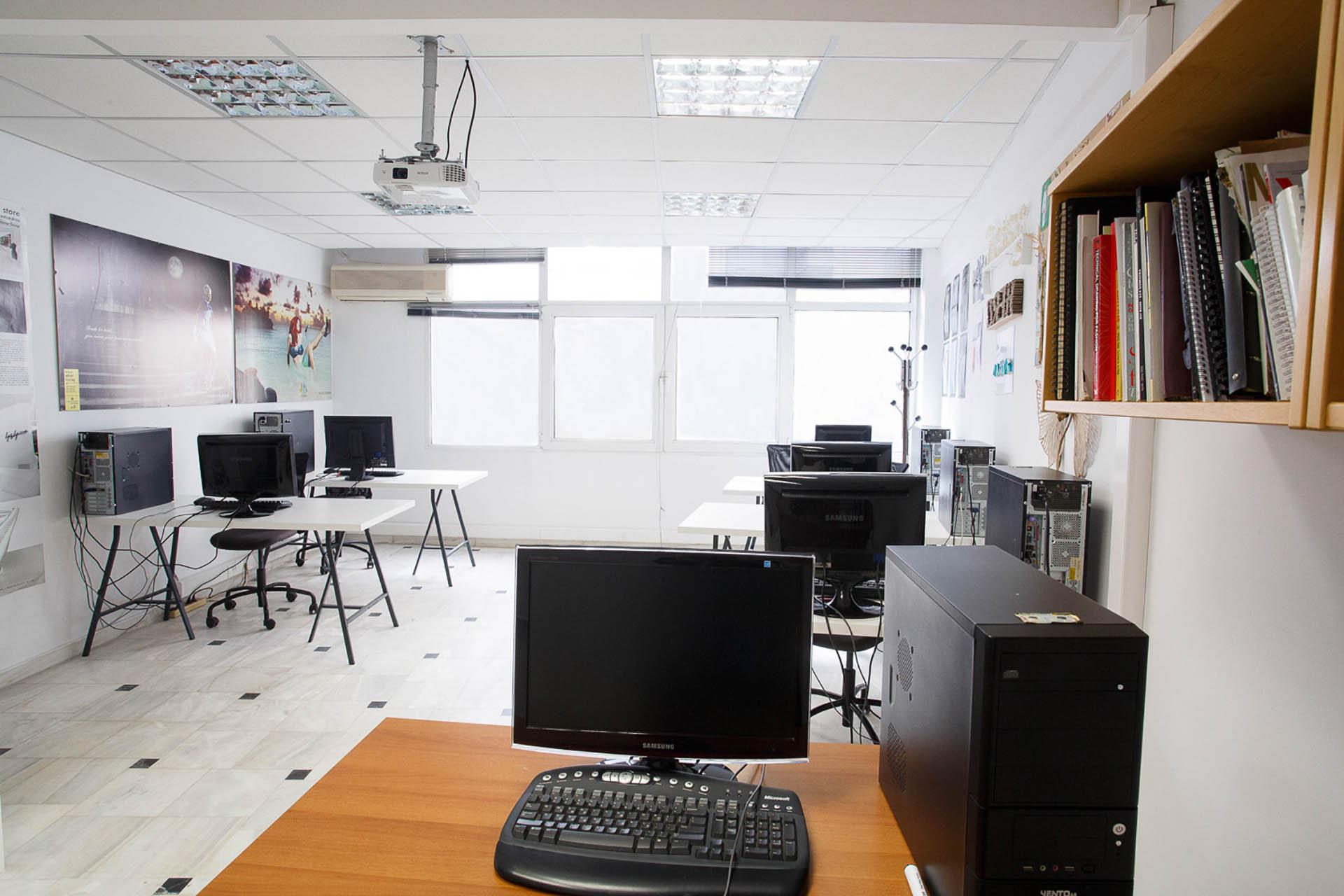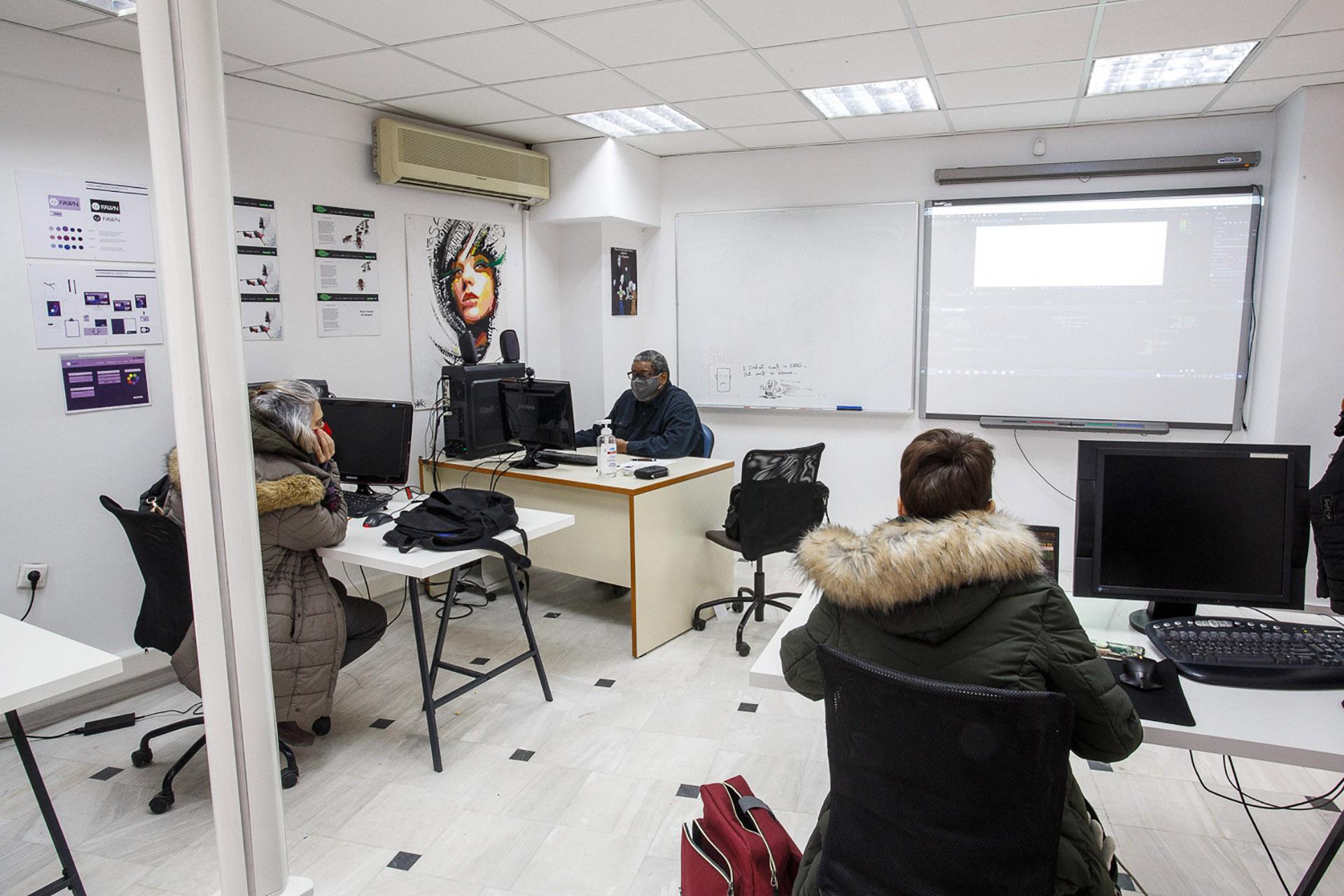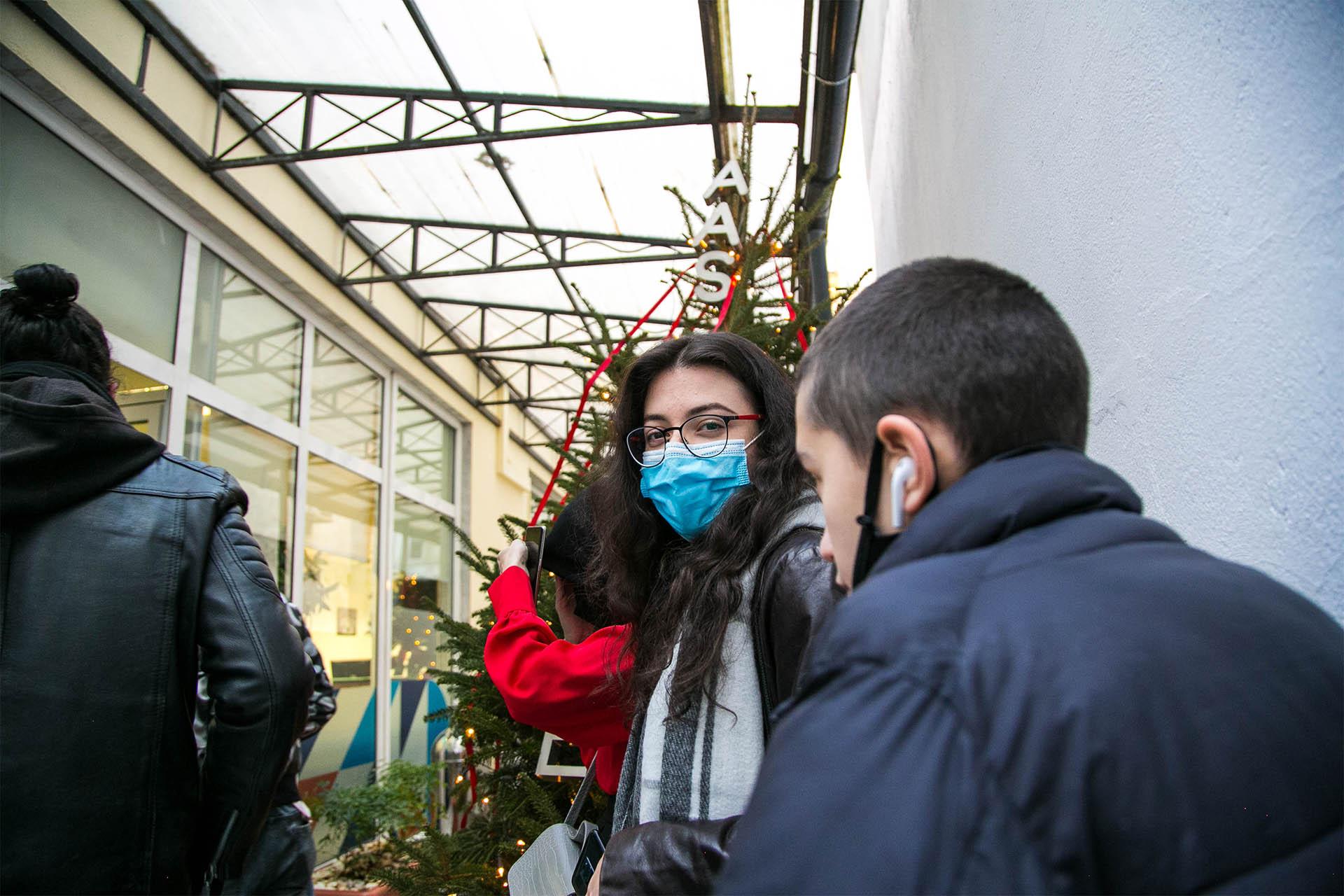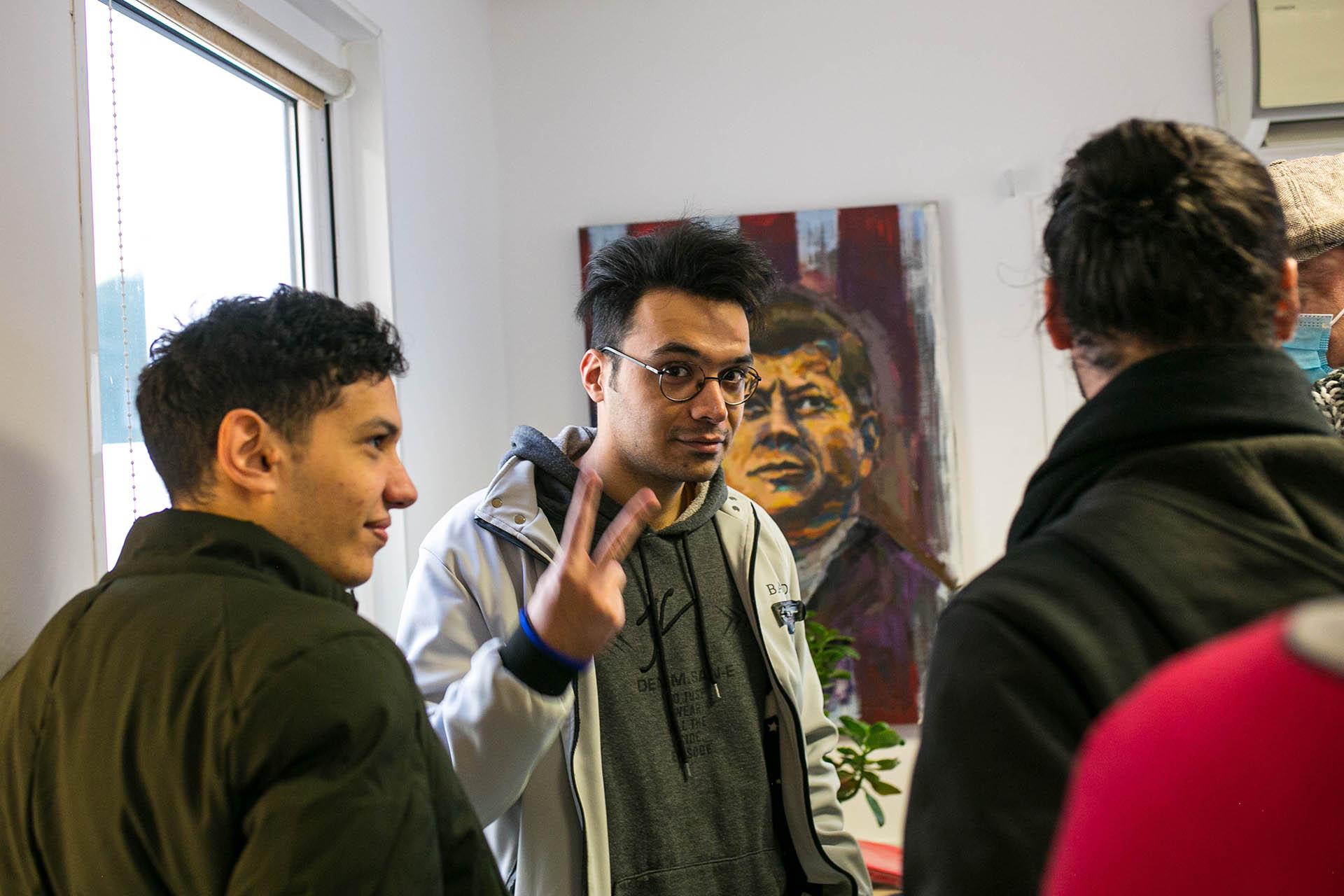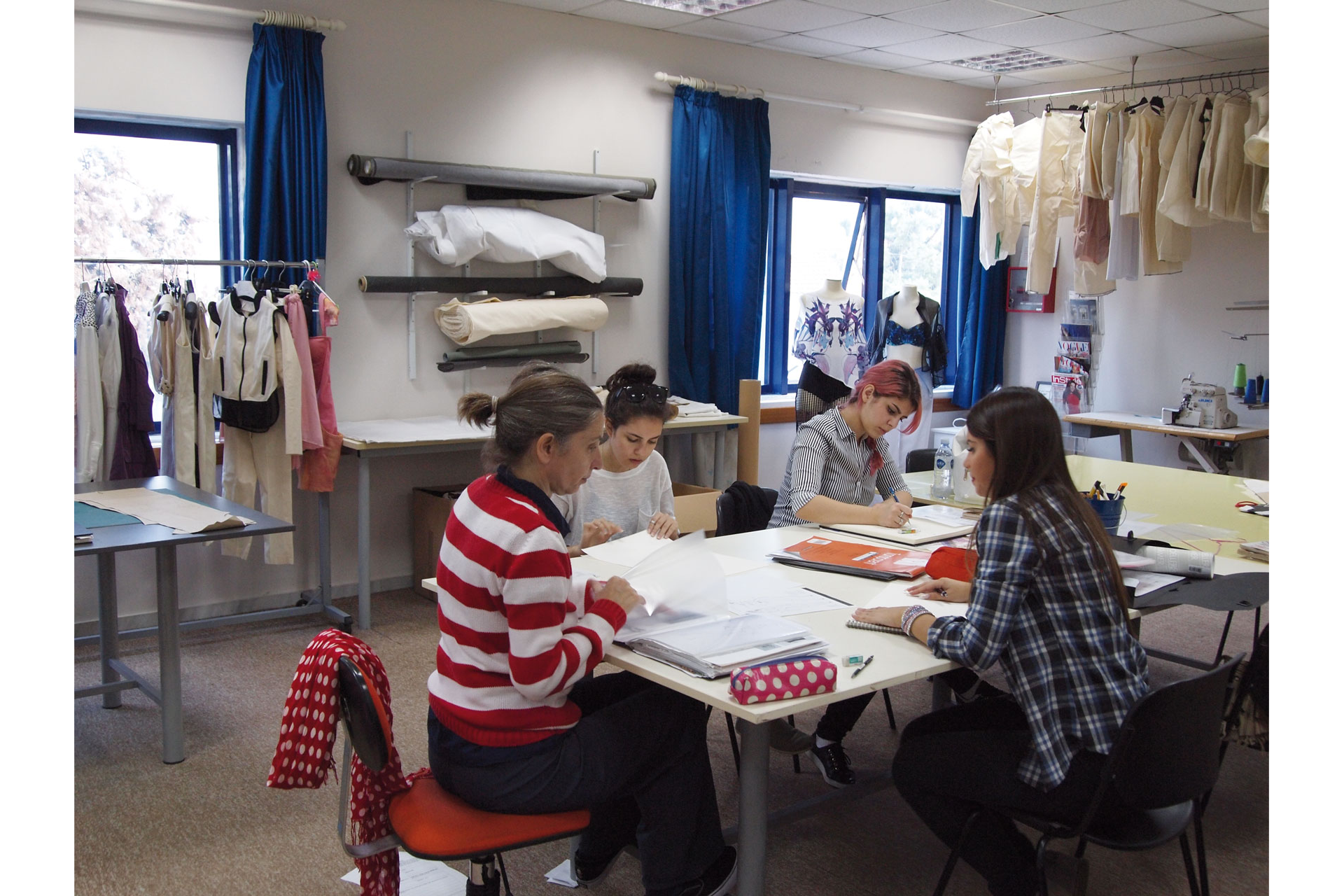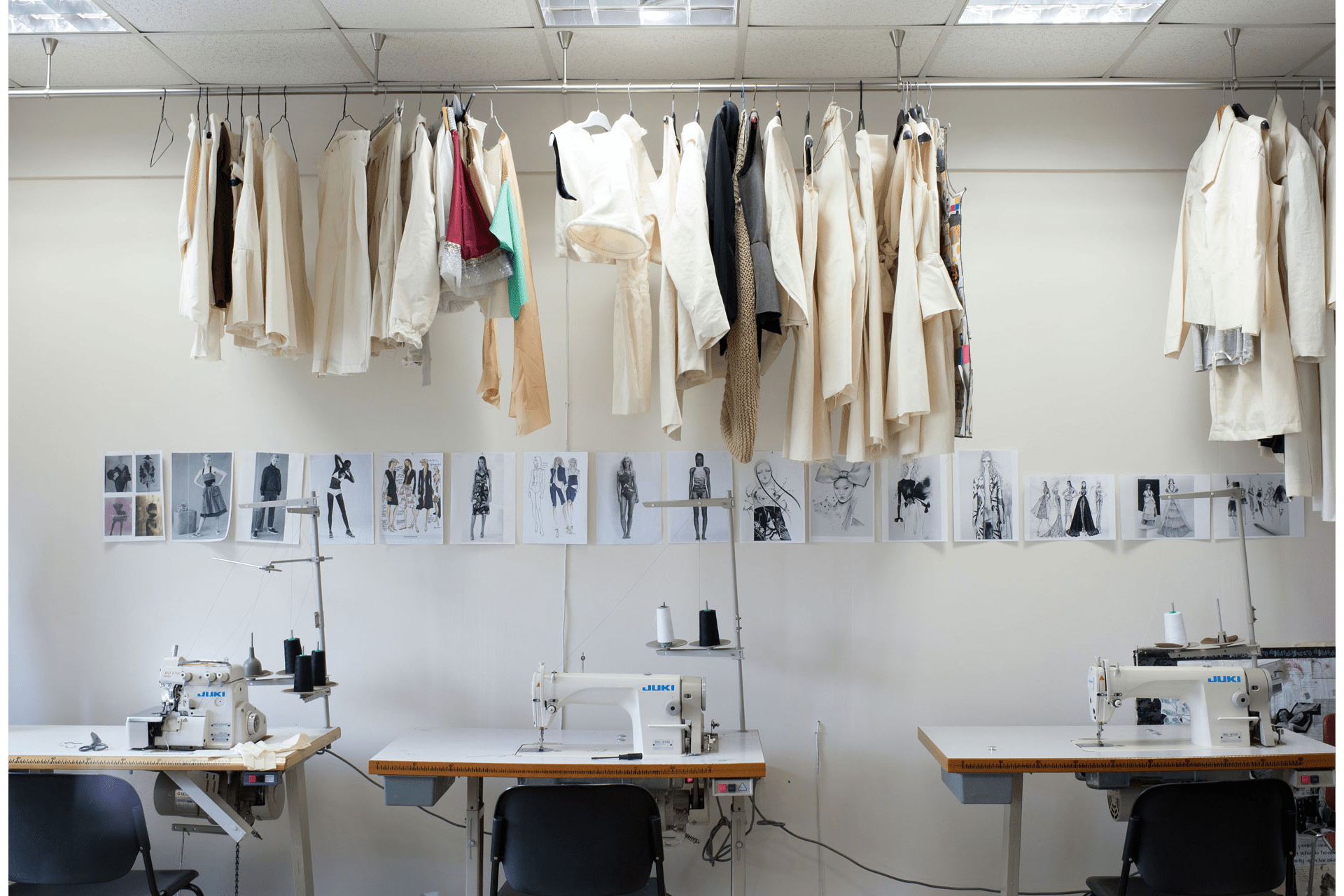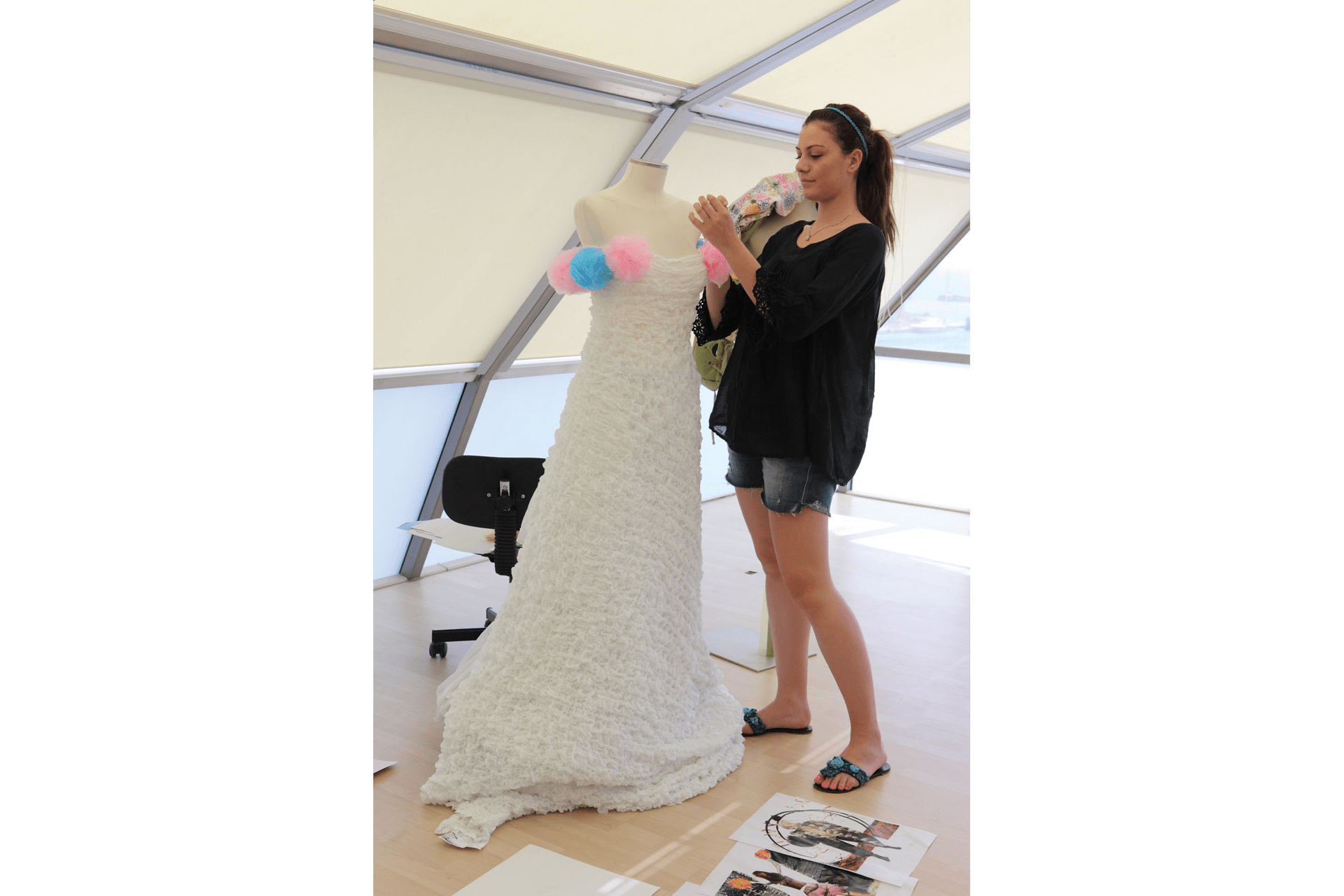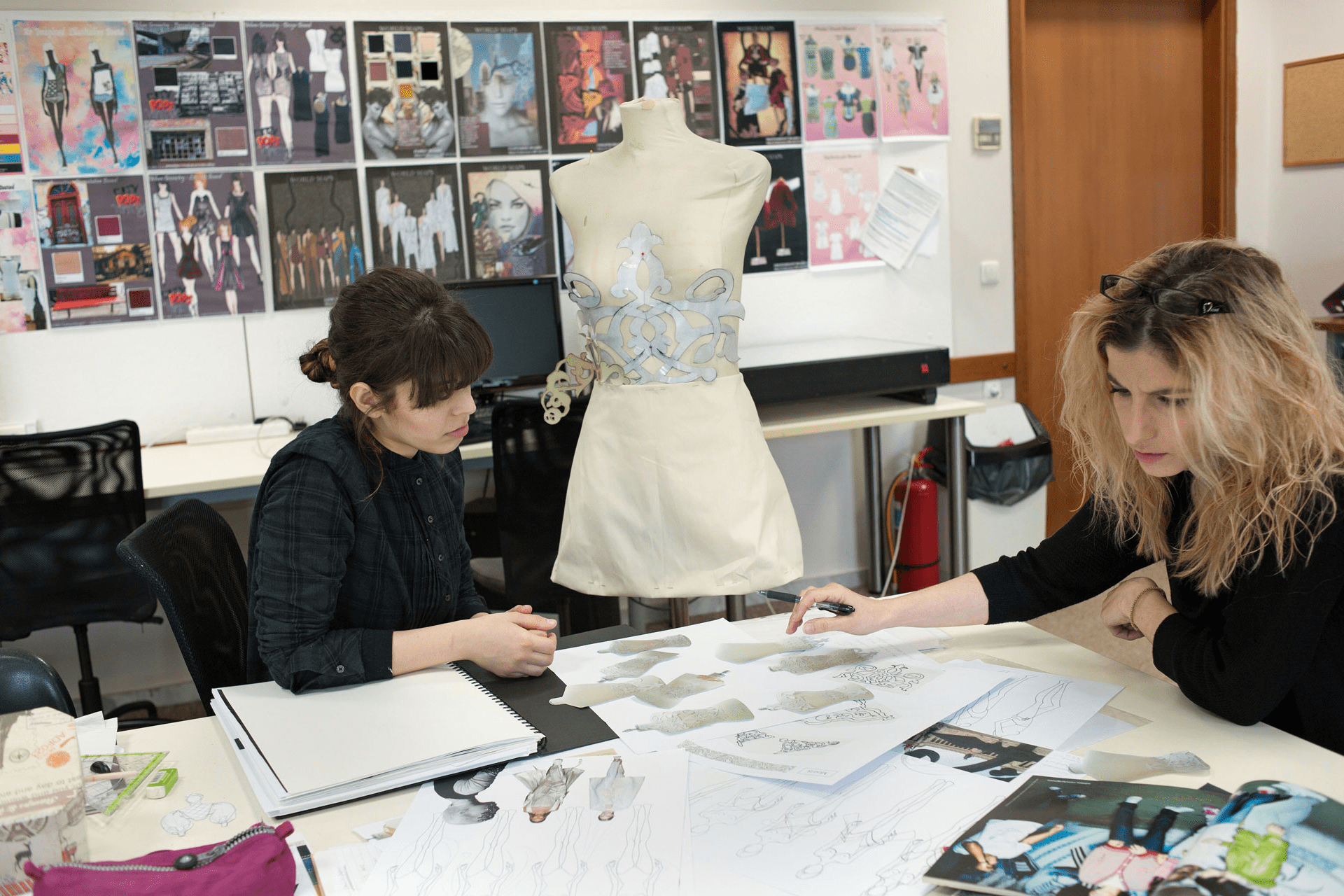AAS College Thessaloniki
School of Art & Design
COURSES | BACHELOR
BA Fashion Product Promotion
“Style is the signal of a civilisation. It is impossible for a man to produce objects without reflecting the society of which he is a part.” Misha Black
BA Fashion Product Promotion
In this course ( BA Fashion Product Promotion ), our aim is to invoke students’ creativity and their passion for making fashion! On the other hand, they learn how to promote fashion products.
“The global fashion apparel industry is one of the most important sectors of the economy in terms of investment, revenue, and trade and employment generation all over the world. Apparel industry has short product life cycles, tremendous product variety, volatile and unpredictable demand, long and inflexible supply processes. The industry has been in a transition over the last 20 years” (Fashion Apparel Industry Overview).
In today’s world of globalised fashion with the extensive competition between the different fashion houses, designers and multibillion fashion corporations, there is an increasing need of communicating ones messages as clearly and uniquely as possible. The message of a brand must be distinct, clear and different from the others’ but even if it is not, it MUST find a way to become one to have the chance of succeeding. Therefore, it is highly important to understand how to create a marketing and promotional strategy that will lead to success – or at least have many chances of leading to success.

Duration:
36 months (3 years)
Educational form:
Taught
Education Variants:
Fulltime
Language:
English
February’s intake:
Classes Start Date:
12 February 2024
October’s intake:
Classes Start Date:
7 October 2024
British Degree:
Bachelor Degree – University of Sunderland
STUDENT WORK
FACILITIES
AAS College is set in a modern, purpose – built university campus. Students learn in specially designed lecture rooms and theatre, laboratories, design studios and in flexible teaching spaces. Individual and group study spaces allow students to work alone or collaborate on projects. This course has dedicated graphics studios for workshops, group and independent working. They are equipped with projectors and screens and Macs or PCs or both. There are also campus digital media suites with software including: Adobe Creative Suite.
COURSE STRUCTURE (BA Fashion Product Promotion )
Design Theories, Practitioners and Context (20 credits)
Gain an understanding of the wider application of design theory and principles as well as having the opportunity to study the context, development and theories behind your own chosen specialism. Debate and critically engage with the topics discussed.
Introduction to Fashion Practice and Fashion Promotion (60 credits)
Introduce a core understanding of fashion design & promotion, including understanding of basic fashion & promotion terminology, critical appraisal of briefings, visual and factual research, speculation on potential solutions, selecting and synthesising innovative ideas, developing preferred outcomes and refining and presenting ideas to an informed audience.
Develop a 6 outfit collection for a High Street/online store, alongside a promotional campaign including advertisement and packaging all aimed at a specific target audience.
Develop basic understanding and skills in using digital CAD packages, the construction processes for fashion, pattern drafting, basic pattern manipulation, characteristics of fabric types, fabric embellishment through print & embroidery.
Design Concept to Production (40 credits)
Develop core skills in inquiry and exploration and problem-based learning. The module concentrates on underpinning basic pattern-cutting, fabrication, design and construction processes for fashion.
Engage a wide range of technical pattern cutting, construction and visual communication skills. Students will apply a design process at an introductory level, which includes critical appraisal of briefings, visual and factual research, speculation on potential solutions, selecting and synthesizing innovative ideas, developing preferred outcomes and refining and presenting ideas to an informed audience.
Explore technical design skills through manual and basic digital methodologies to realise outcomes during supported workshop and directed study time.
Use manual and related CAD technologies or other media, students will develop skills to assist in the visual communication and presentation of design ideas.
Commercial Fashion Design and Illustration (20 credits)
Develop an advanced understanding of how to use the most appropriate illustration and presentation methods to build upon your growing awareness of designing for a particular market sector, in this case, sportswear.
Develop your skills in fashion illustration techniques in order to enhance your designs and improve presentation.
Learn to utilise different visual communication methods in order to communicate your ideas in clear, exciting and innovative ways that meet individual and specific client requirements.
Create both hand-rendered and digital illustration styles through using a variety of different methods and techniques to develop a design story. You will investigate, analyse and evaluate the work of other illustrators in order to understand the different applications they use in order to further develop your own personal style.
Fashion Branding and Producing the Event (20 credits)
This module is split into two separate projects:
Project 1
Learn how to investigate and analyse different trends and design ideas in order to create a final range plan. Alongside this you will create an individual brand identity including logo and promotional literature for your final range plan.
Project 2
Develop a key understanding of how to plan, promote and brand a fundraising event to be held in the city of Thessaloniki in order to raise funds for your final year show by working within a team comprising your year group. You will independently create a personal file documenting the process and methods of planning and staging the fashion event.
Creative Product Development for Exhibition (40 credits)
The focus of this module is the application of core practical skills to a commercial design context:
Provide practical knowledge of the fundamental skills and technologies that underpin design and manufacture in contemporary fashion.
Progress the development of creative design practice within a specified commercial context. An investigation into a specific market will be undertaken. This research will underpin the students understanding of the context of commercial design, fashion and textile sustainability and its restrictions.
Develop deeper pattern-cutting skills, construction methods and fabric awareness. The application of these skills through a design project will consolidate this learning
Experiencing the Creative Industries (20 credits)
Learn essential job search skills including: identifying employers; tailoring your CV and application for each job; understanding the shortlisting process; branding and promoting yourself; interview techniques, presenting your work in its best light;
Experience a short work placement with an employer, or other experience of working in the creative industries such as: a live job; a Hothouse project (the department’s live jobs unit); a competition brief; a creative hub placement; a collaboration with students from other subject areas, or any other means that allows you genuine experience of working in the creative industries.
Prepare yourself for industry with a portfolio/showreel that demonstrates your creative abilities and prepares you to move towards Stage 3 and professional practice.
Build your online presence as a creative using CreateBritain.com and understand how social media can effectively become a shop window for your skills.
Learn the importance of building a professional network and gain studio insights through agency visits, collaborations or creative lives talks.
Global Issues and the Ethical Designer (20 credits)
Continue to study the context, development and theories behind your own chosen specialism and support your practical work, helping you to focus on your choice of dissertation topic in Stage 3.
Professional Practice & Portfolio (40 credits)
Produce content for a professional portfolio, reflecting individual design skills and creativity in order to prepare for chosen career.
Complete a series of briefs or live projects allowing you to demonstrate a personal style in design, promotion and branding with guidance through personal tutorials in order to achieve a professional standard of presentation.
Participate in a portfolio review with visiting professionals who can give you independent feedback and advice.
Design Research Project (20 credits)
Develop an in-depth investigation into a particular issue or topic that is relevant to you as a developing designer, or an issue inspired by wider society.
Utilize and build on your knowledge of various design and theoretical disciplines and techniques gained in previous THD modules, or from studying at other colleges.
Gain research and organizational skills through an introductory lecture, tutorials and discussion. Complete the module with a dissertation (3500 to 4500 words), supported by a clear central question and hypothesis relevant to the chosen topic. Research conducted in this module can be used as the foundations for your major final project in the module EXD300, although this is not compulsory.
Design – Major Final Portfolio (60 credits)
In your final project you get to set your own brief, which will be carefully researched and presented in your Final Proposal. This will provide the framework for your personal project, which you can direct in a number of ways. Past successful final projects have included an ethical childrenswear range for IKEA, an original branding and promotion pack for an urban menswear range and a conceptual collection of mens’ suits inspired by the stages of grief through to acceptance.
ASSESSMENT
Assessment is 100% coursework and you will be continually assessed throughout the course.
Assessment will be through assignments including design briefs (project work), competitions, presentations, seminars and group activities.
CAREER OPPORTUNITIES
We’ll prepare you to work in areas including: fashion design, brand development, fashion publishing, production, design consultancies, PR and fashion retail.
To enhance your visibility to employers, we encourage you to participate in competitions and exhibitions. Final year students exhibit at their own Degree show, attended by industry professionals.
The main destinations for graduates are expected to be fashion-related creative industries. These include design, brand development, fashion publishing, production, design consultancies, PR and fashion retail. Some graduates may become freelance consultants or self-employed designers, or go on to further study or teacher training.
ENTRY REQUIREMENTS
Diploma and transcript from your high school
Evidence of your ability in English language
Portfolio
Passport
AAS Application Form completed
Discover our Prospectus→
Find out what makes AAS a great place to study
Book a Meeting→
Schedule an online meeting to learn more about us and our programmes.
Apply to AAS→
Accepting applications for Fall and Summer terms.
HOW TO APPLY
You should apply direct to the AAS College. We accept applications throughout the year, but advise you to apply early. We would like to receive application forms before 30th of August.
All candidates are required to submit the following documents:
1. A Fully Completed Application
AAS Application Form completed
A scanned copy of your passport
2. English language certificate
Certified Photocopy of English Language qualification(s).
Undergraduate applicants must have a fluent command of the English language which can be proven via the following examinations:
TOEFL: paper based 550 / computer based 213 / Internet based 79-80 or
IELTS: 6,0 or other equivalent qualifications.
Candidates who have not acquired an English language qualification at the time of the submission of their application form are required to submit it at least one month before the commencement of the course.
3. Diploma of previous education
International Baccalaureate (IB) Diploma or six IB Subject Certificates, or A Levels obtained locally
Certified Photocopy of the Diploma of Secondary Education (High School Diploma), along with the final year’s academic transcript
Candidates who have not yet graduated from high school at the time of application, should submit the available academic transcripts from their current year of study, as well as a full transcript from the previous year of study
If the High School Diploma is produced in another language it should be translated and verified in English
4. Portfolio
You can send us approximately 20 examples of your work with a short written commentary. Most of this work
can be in the form of photographs on a CD or a PDF file. It is helpful for us to see examples of your original
drawings too.
submit your documents via email to: admissions@aas.gr
for large files use wetransfer.com
our response:
A member of our staff will contact you in 48 hours.
Apply to AAS→
Accepting applications for Fall and Summer terms.
